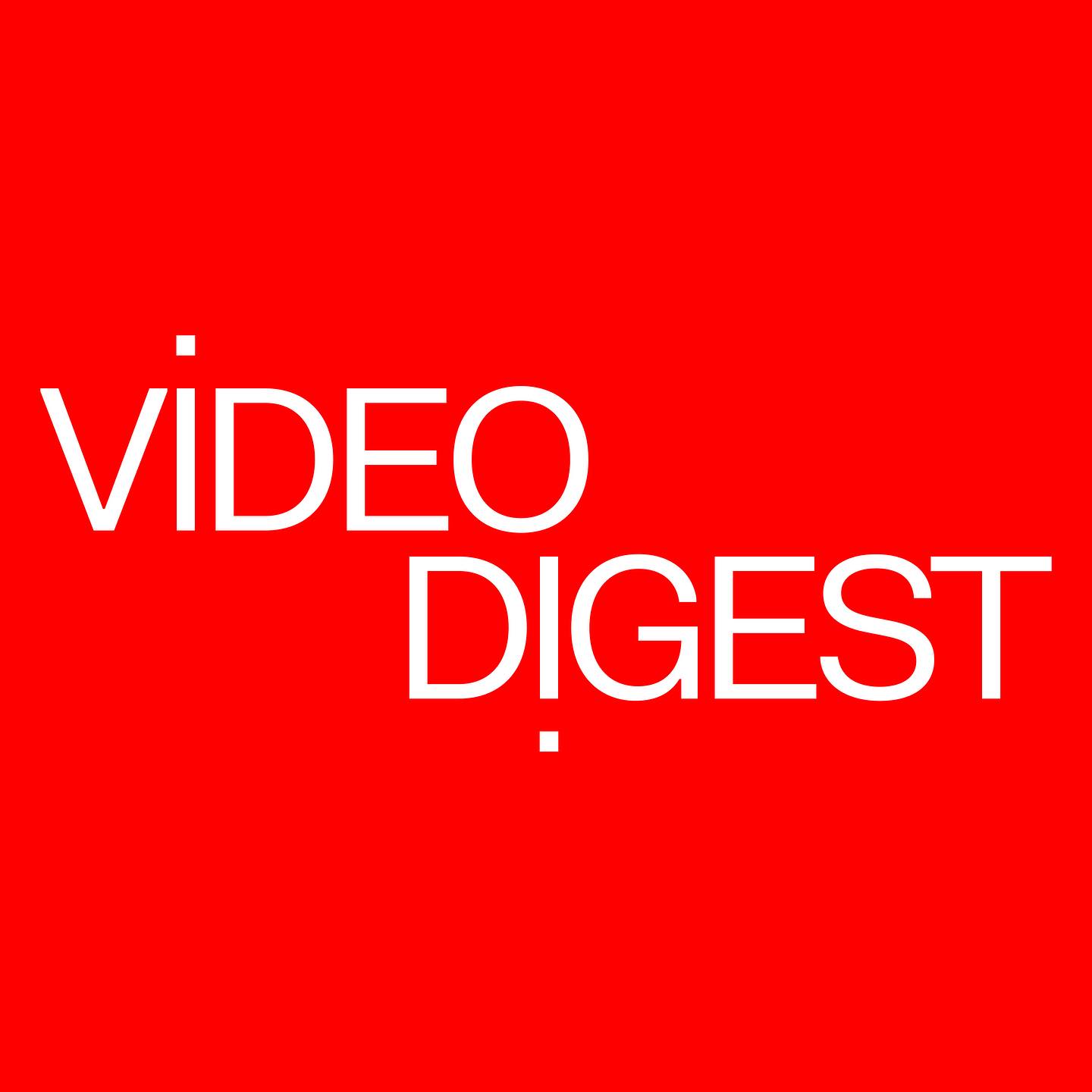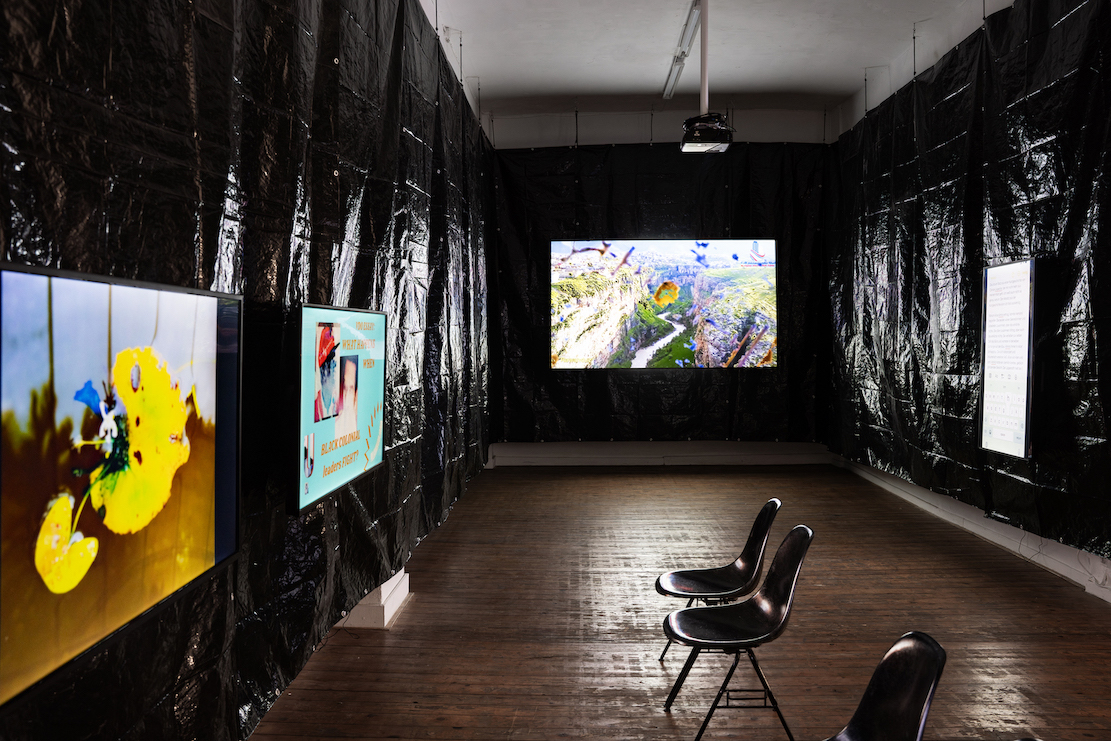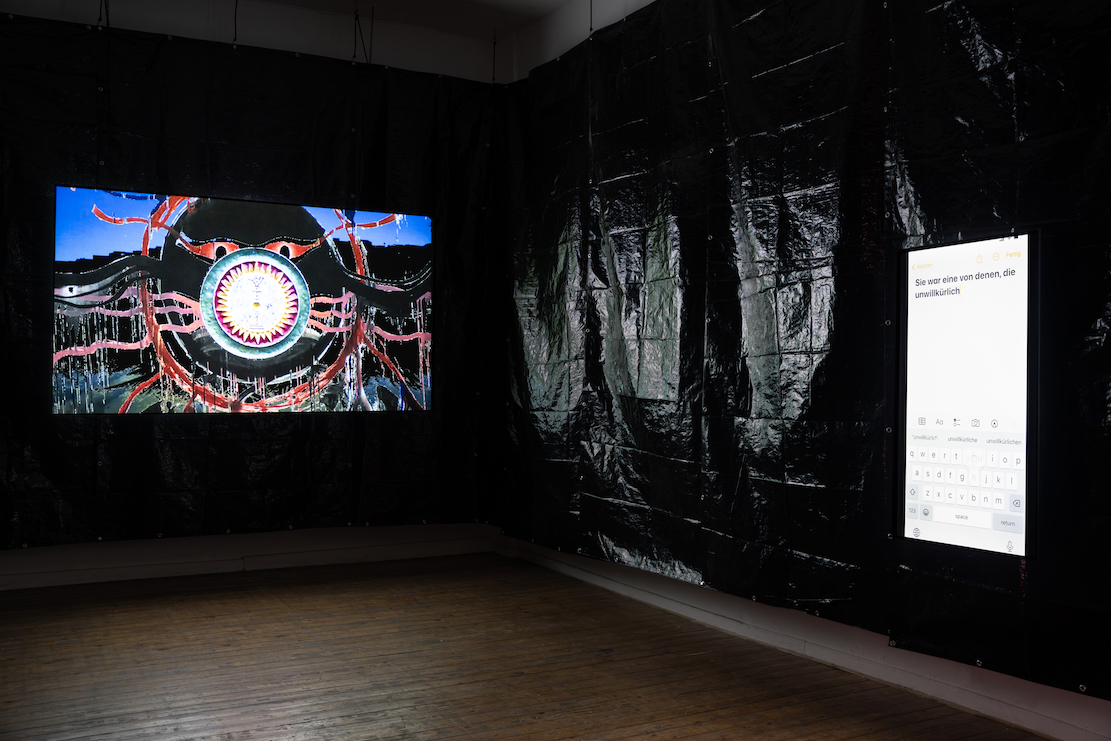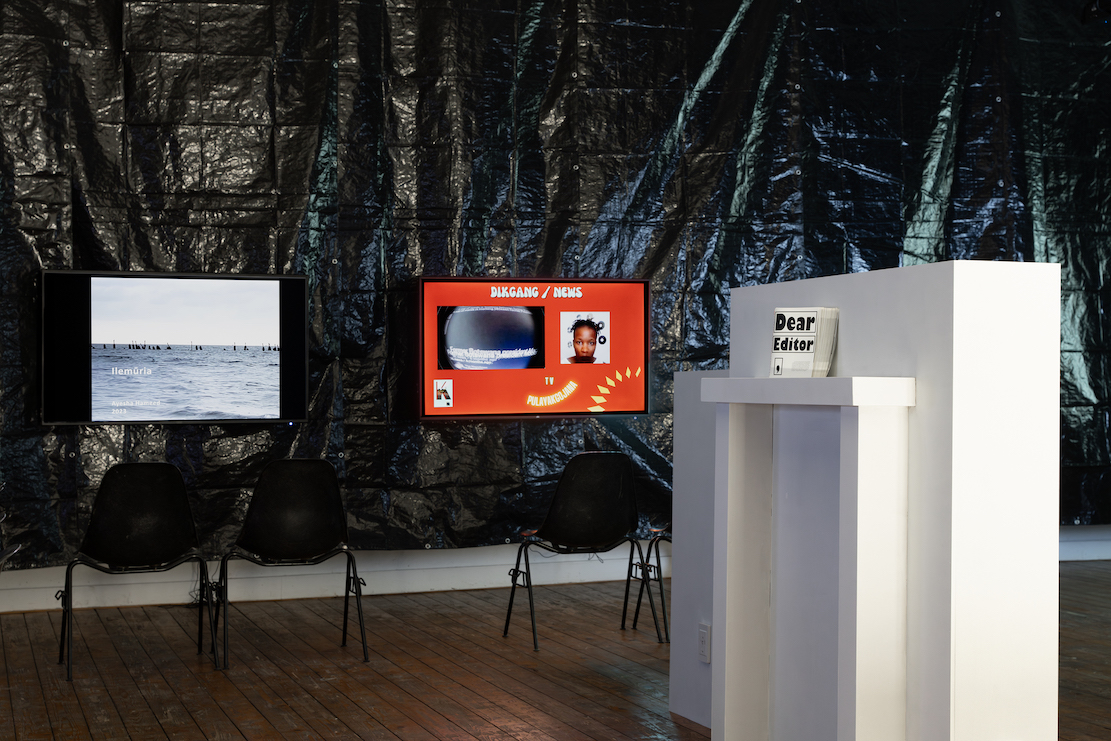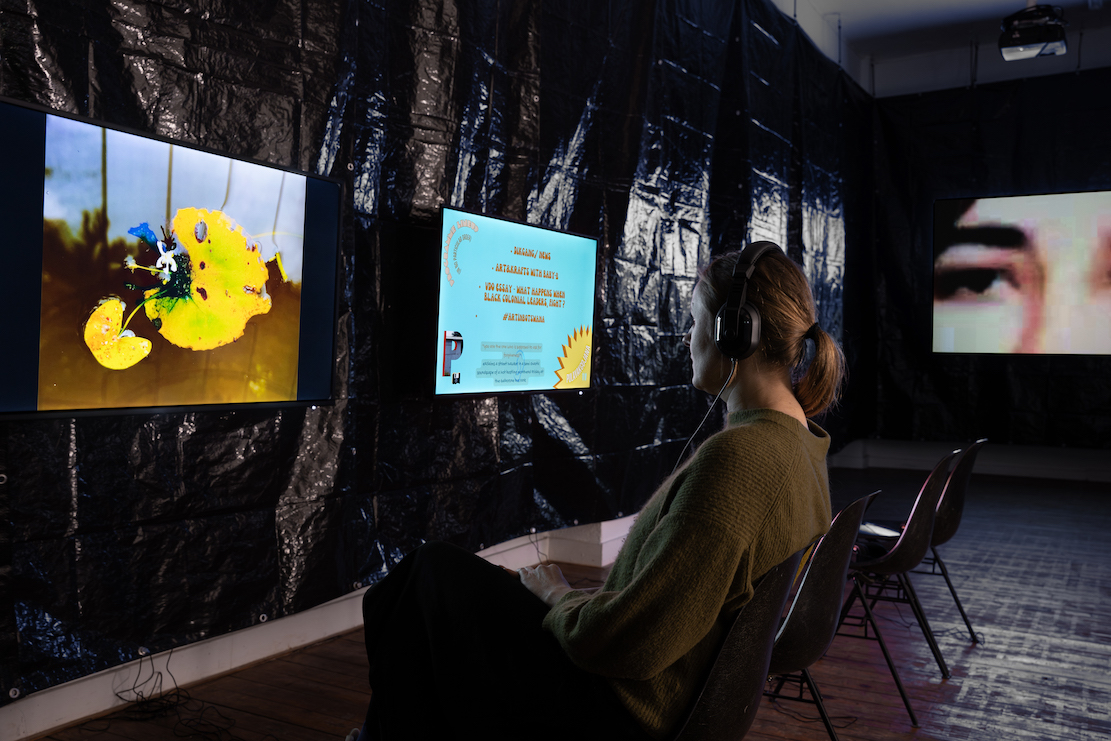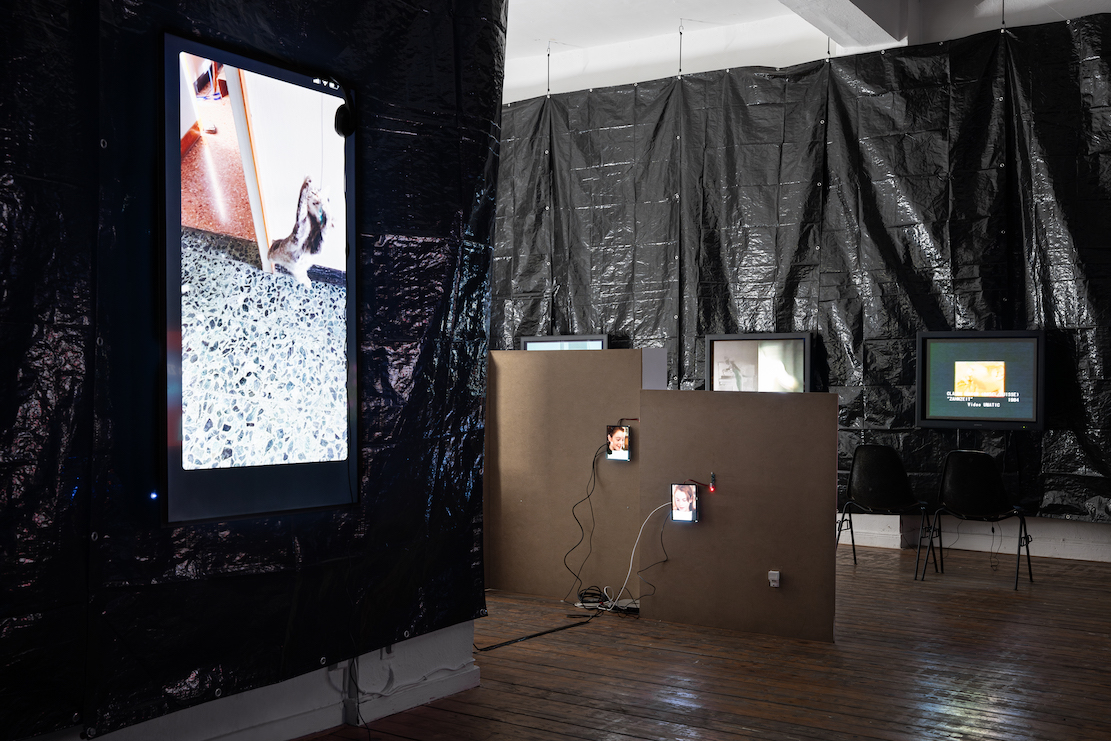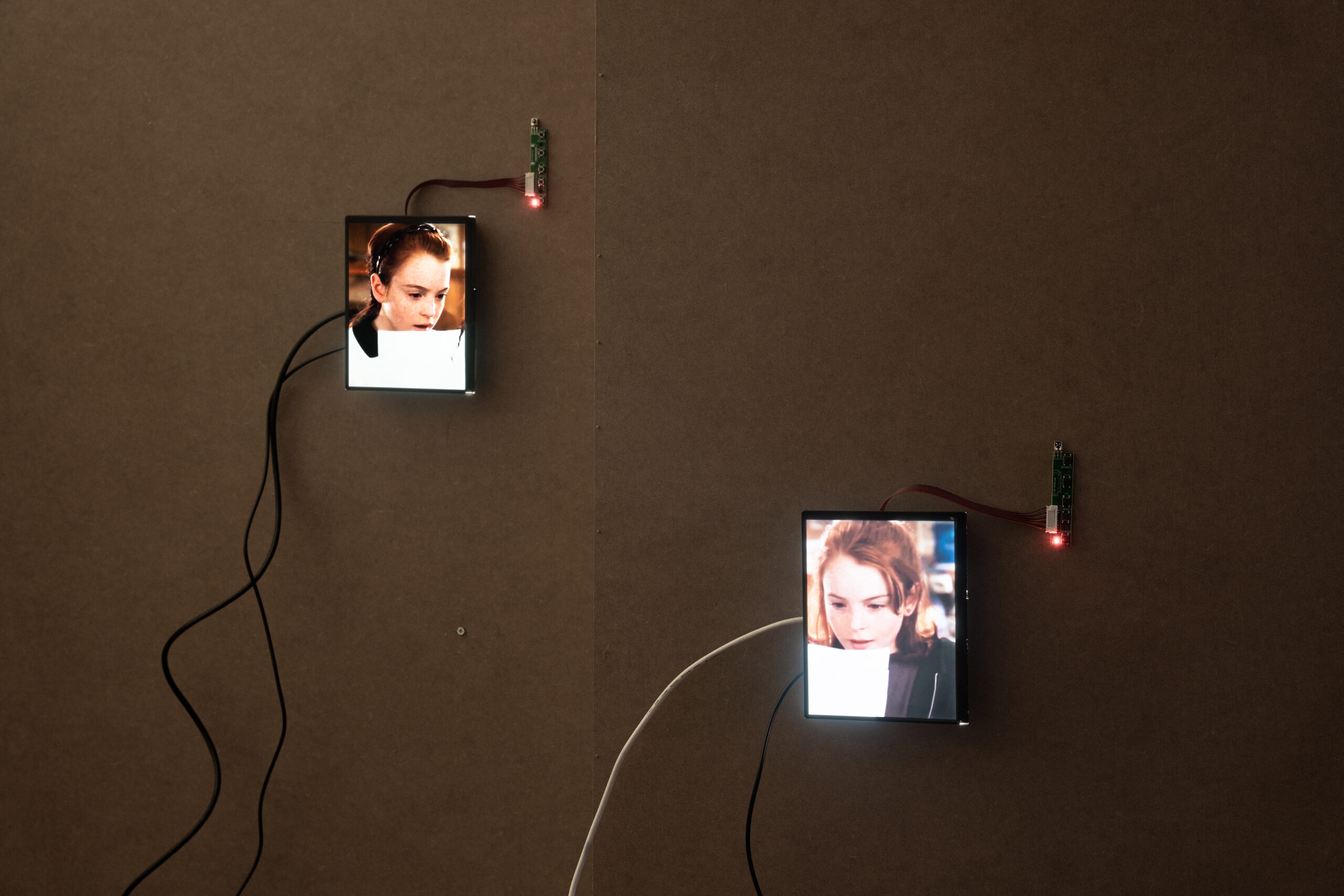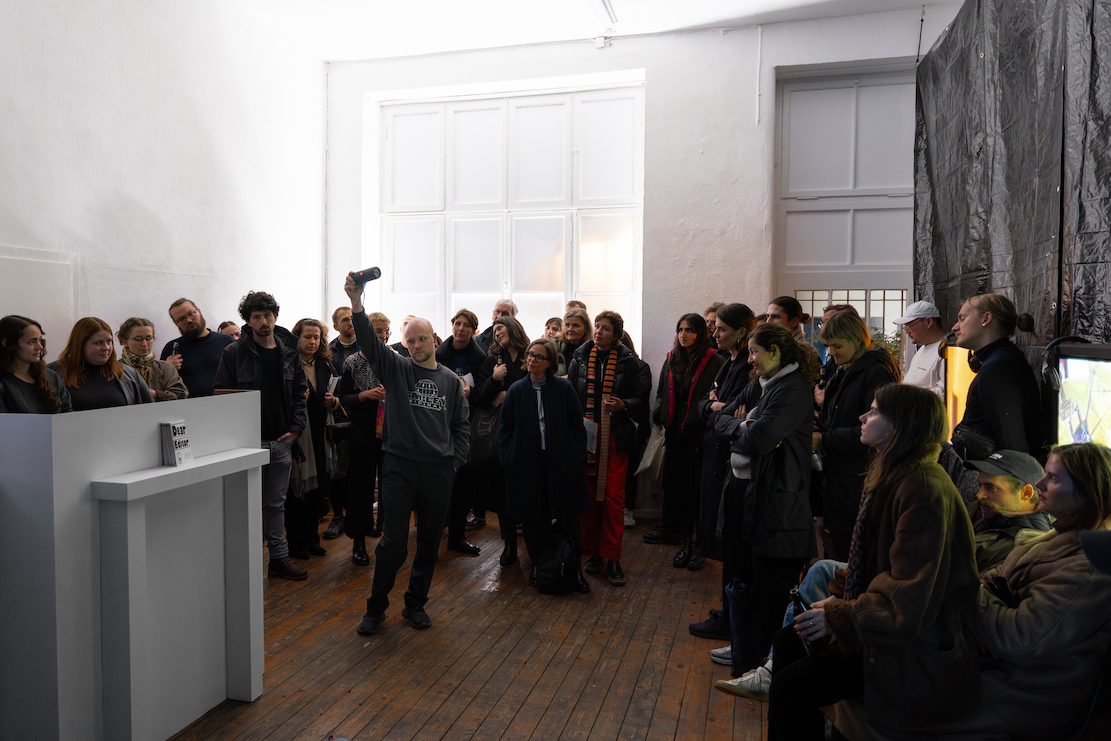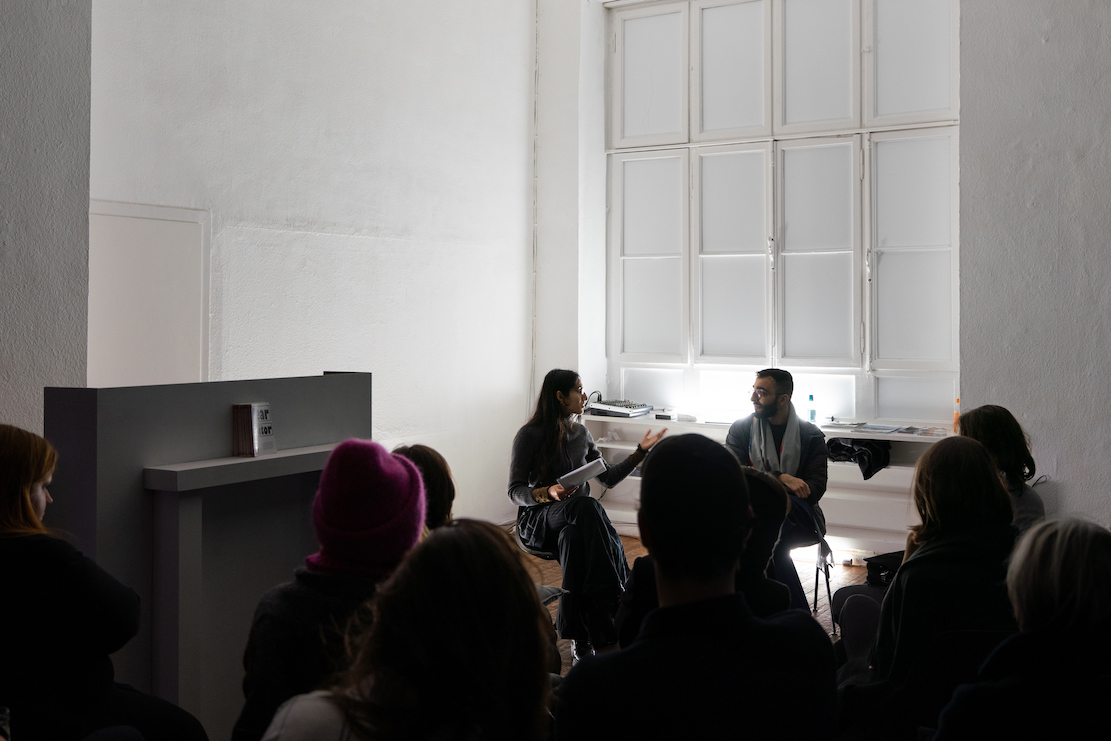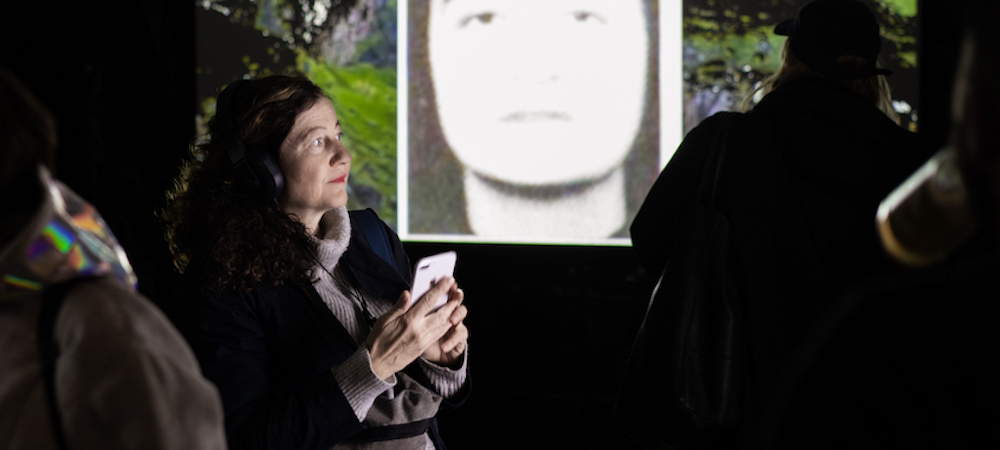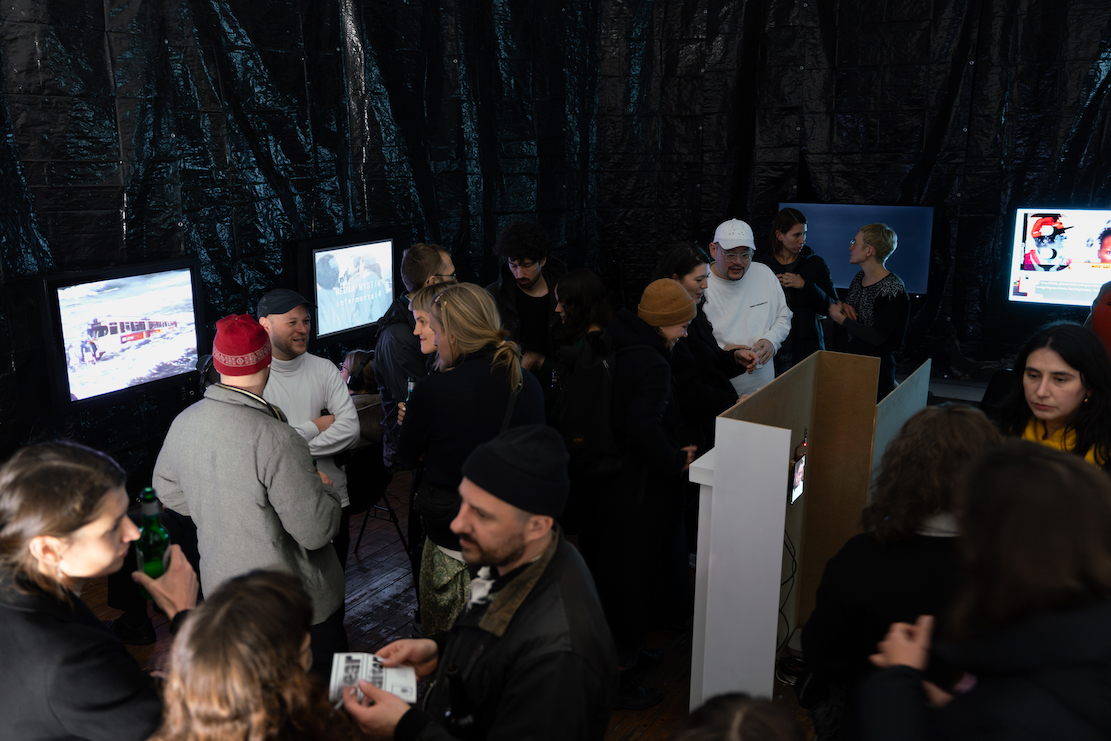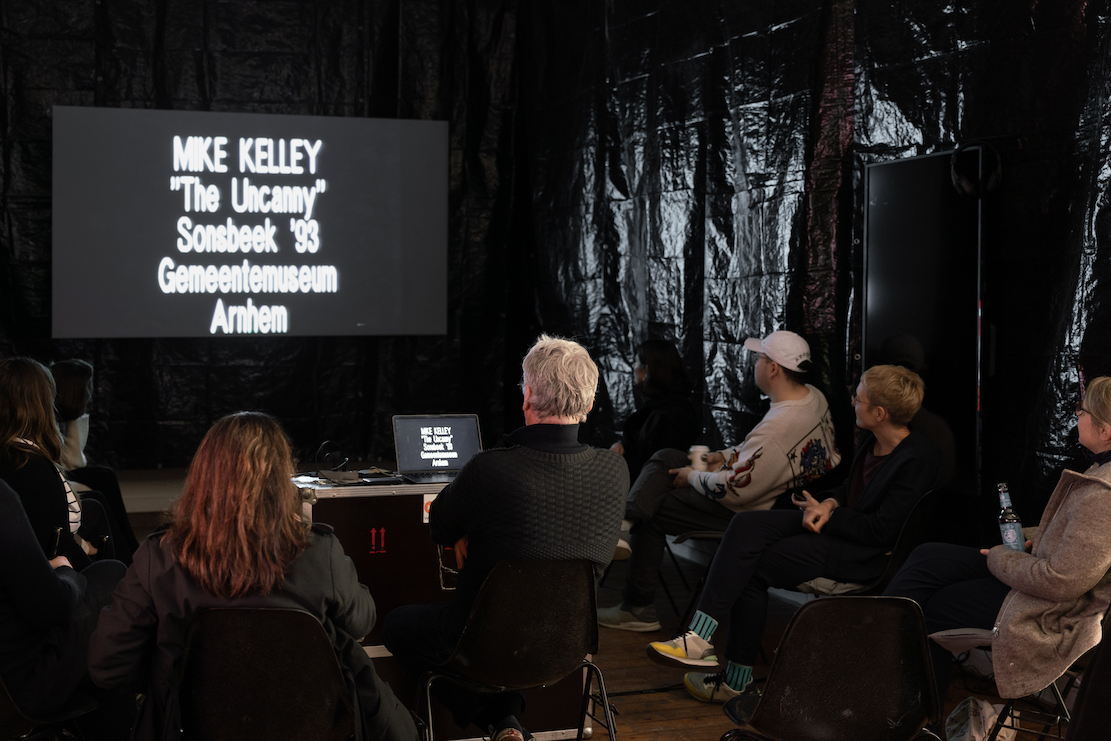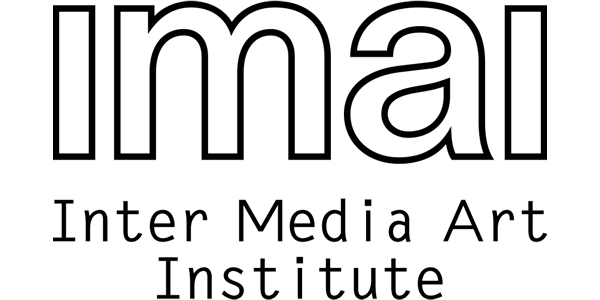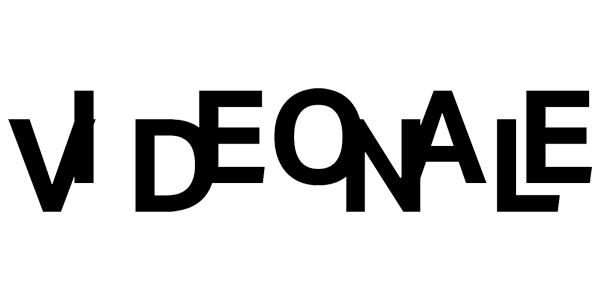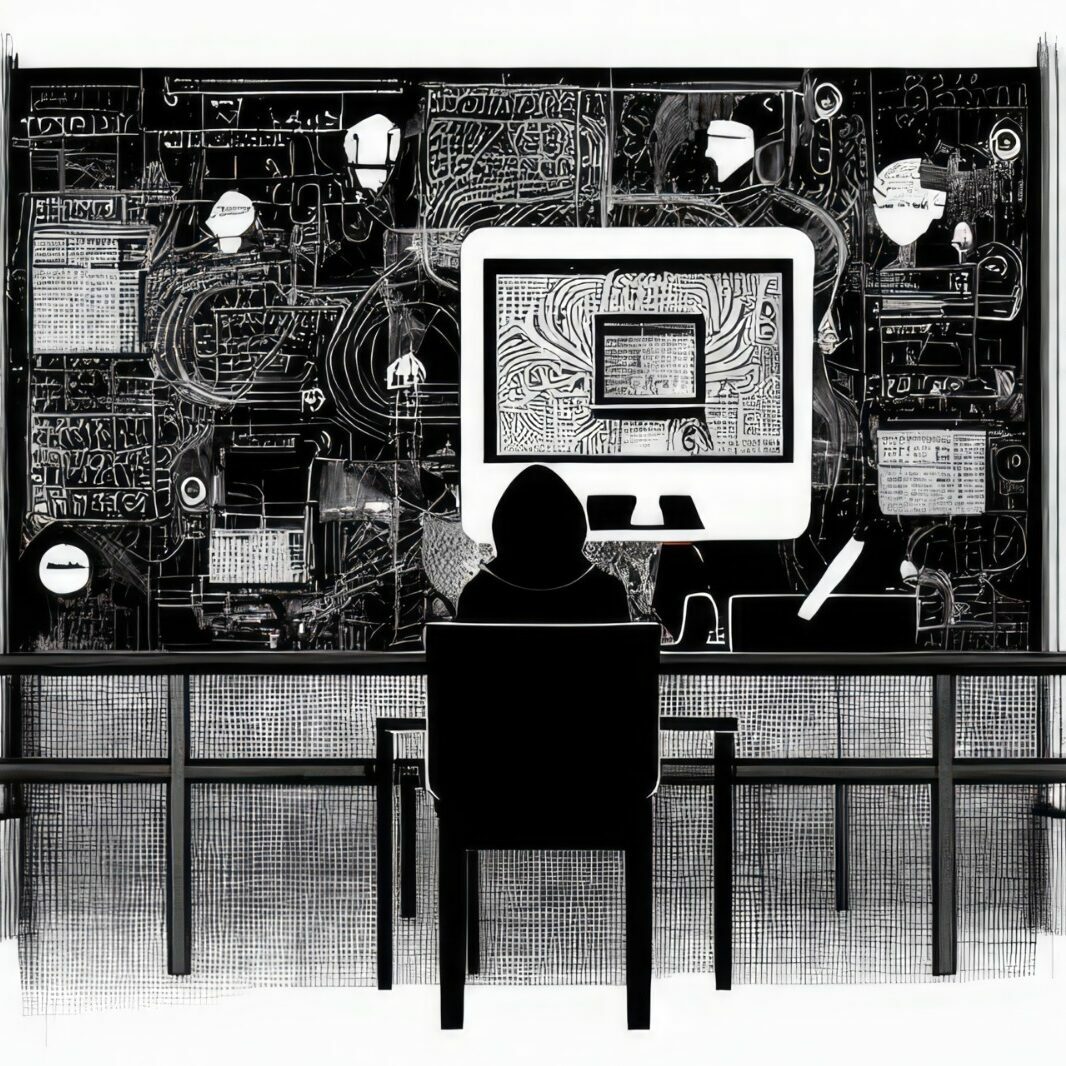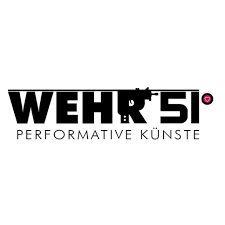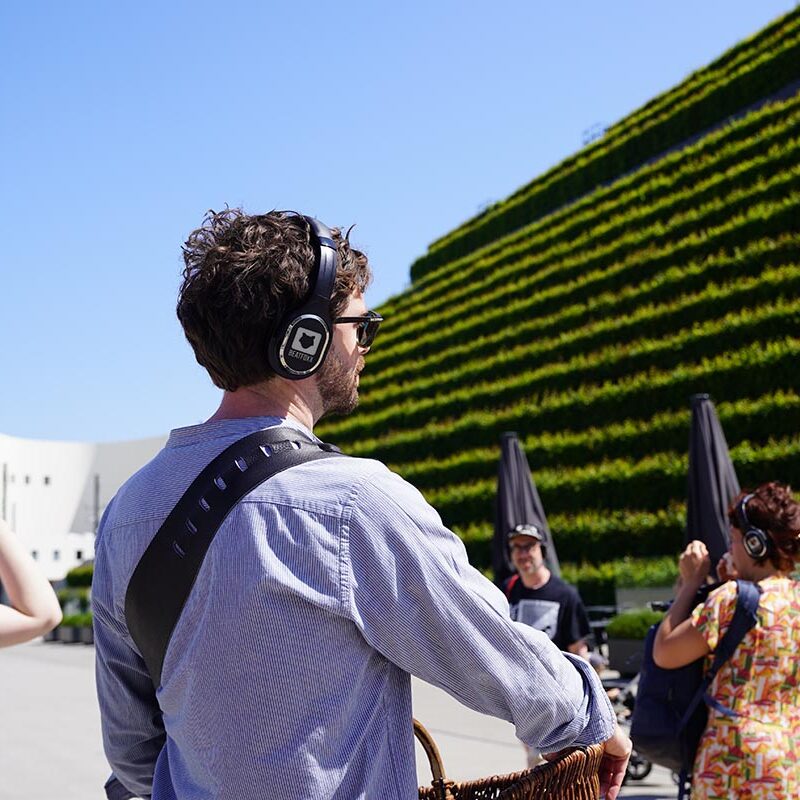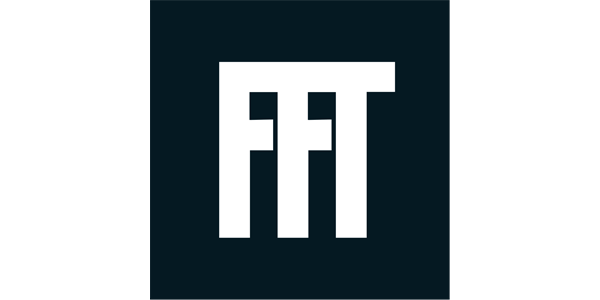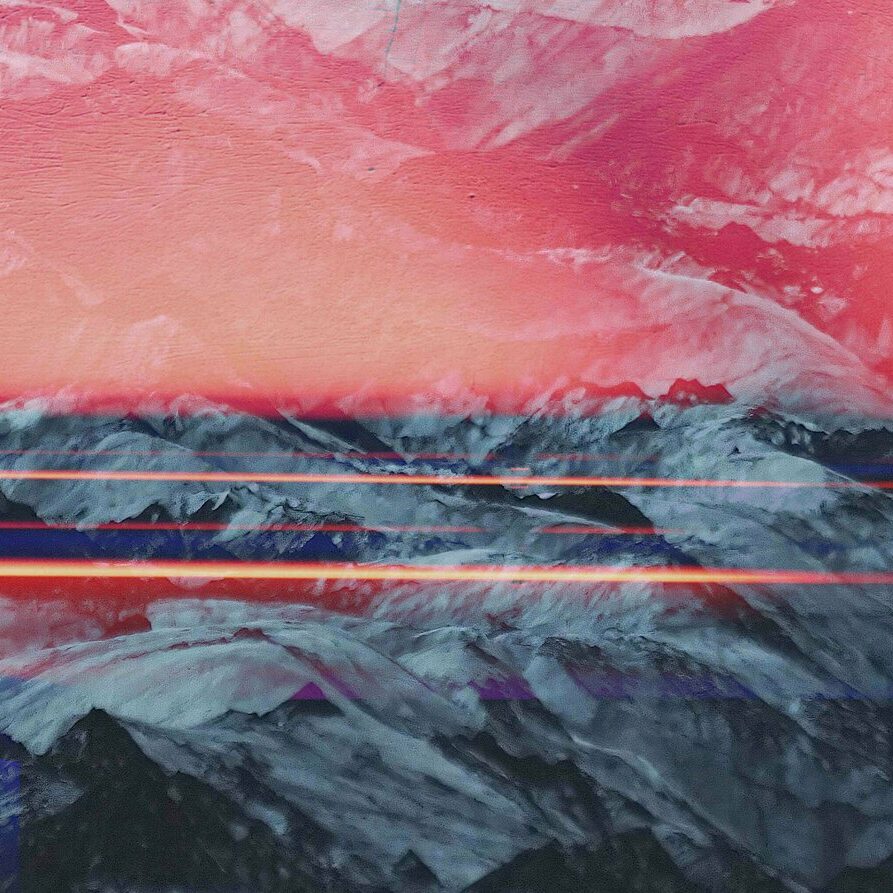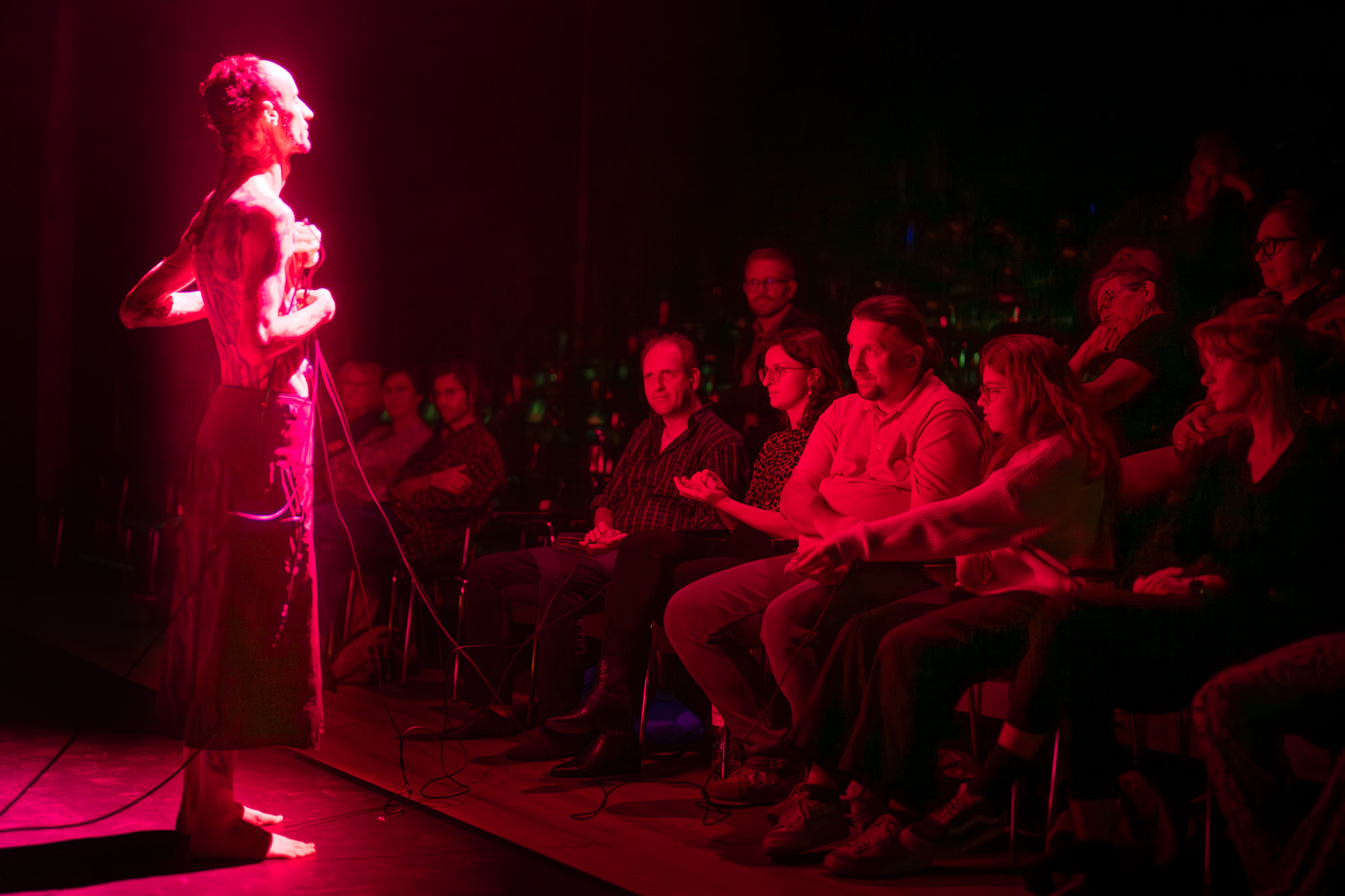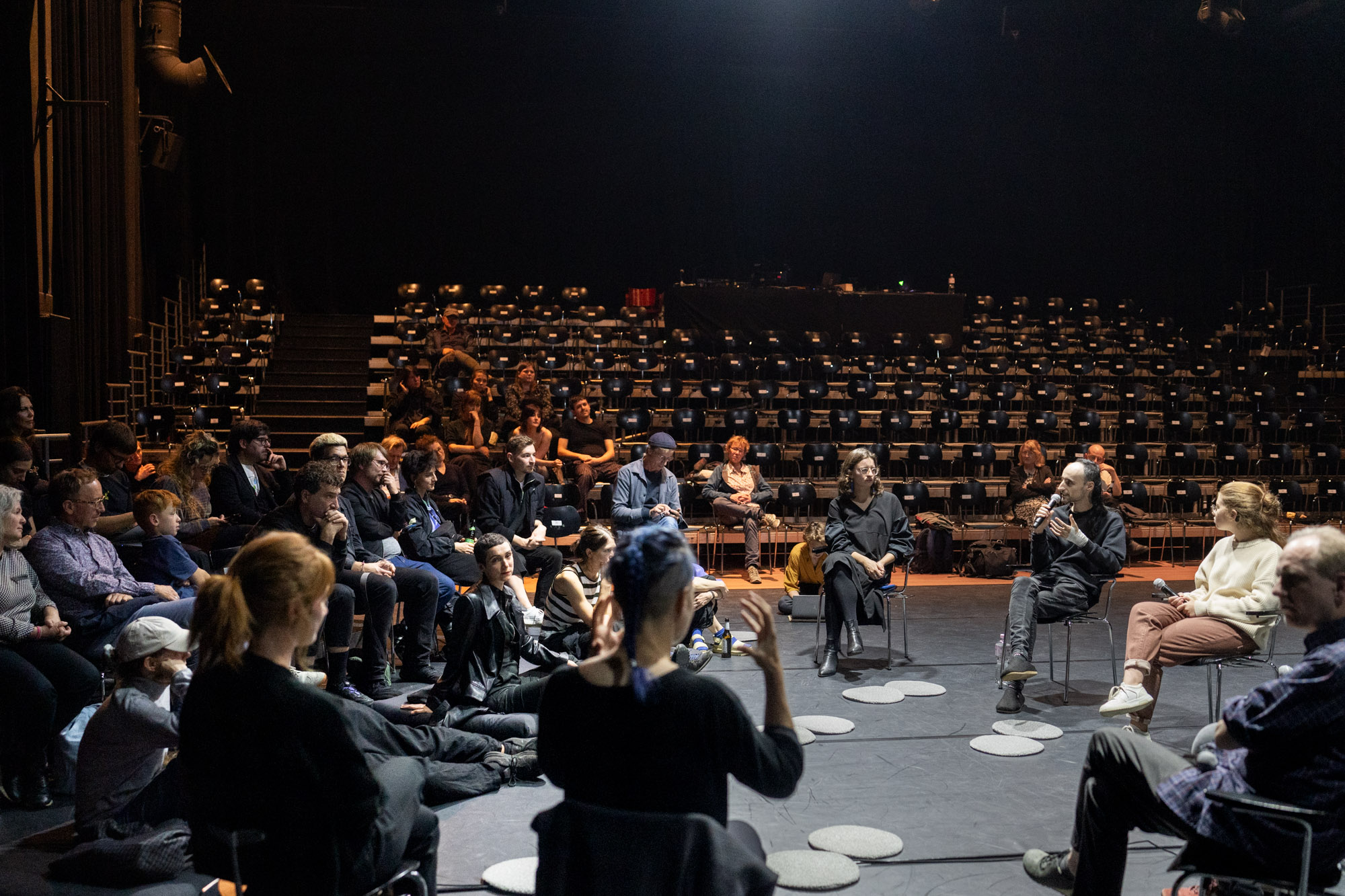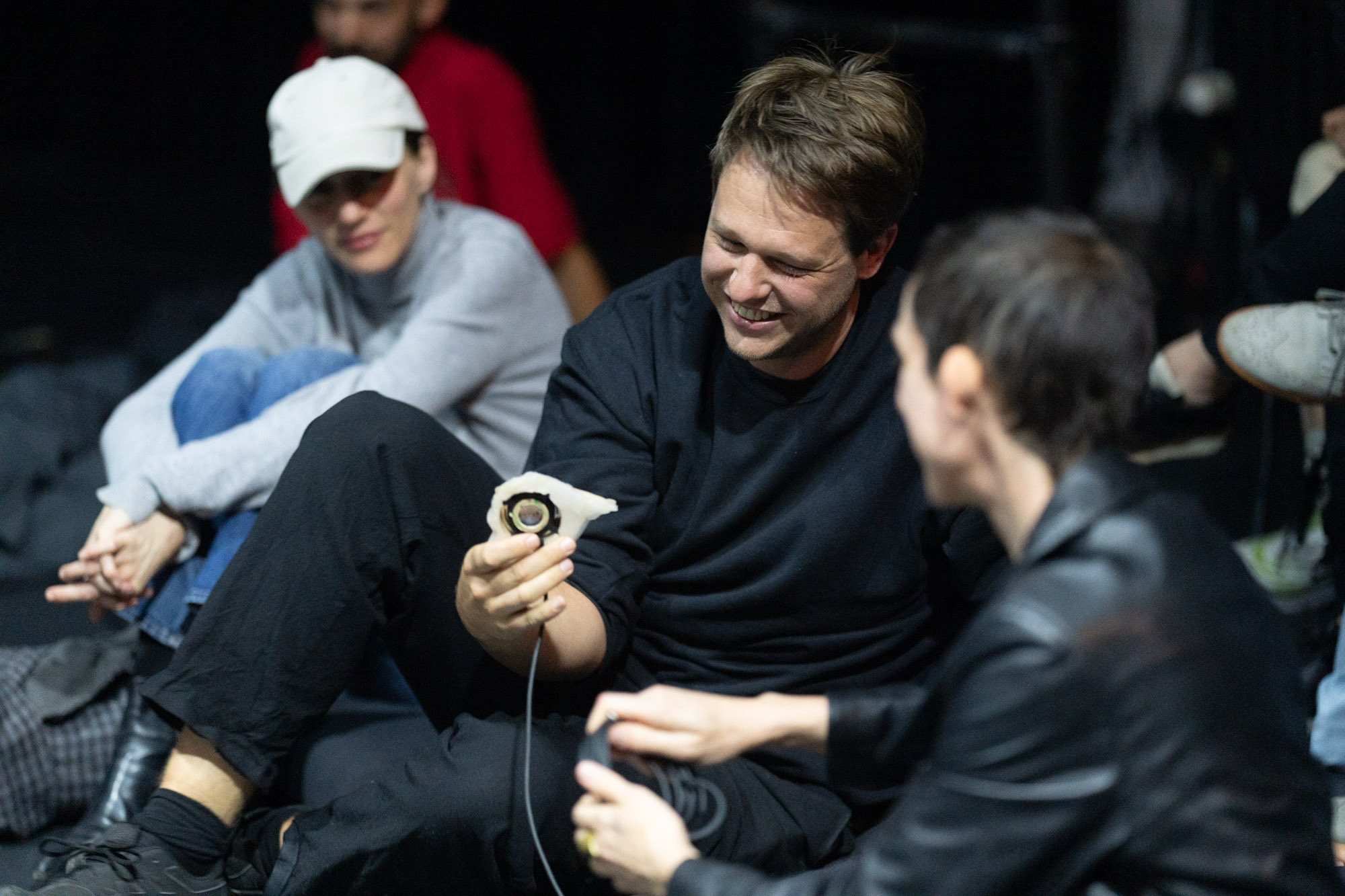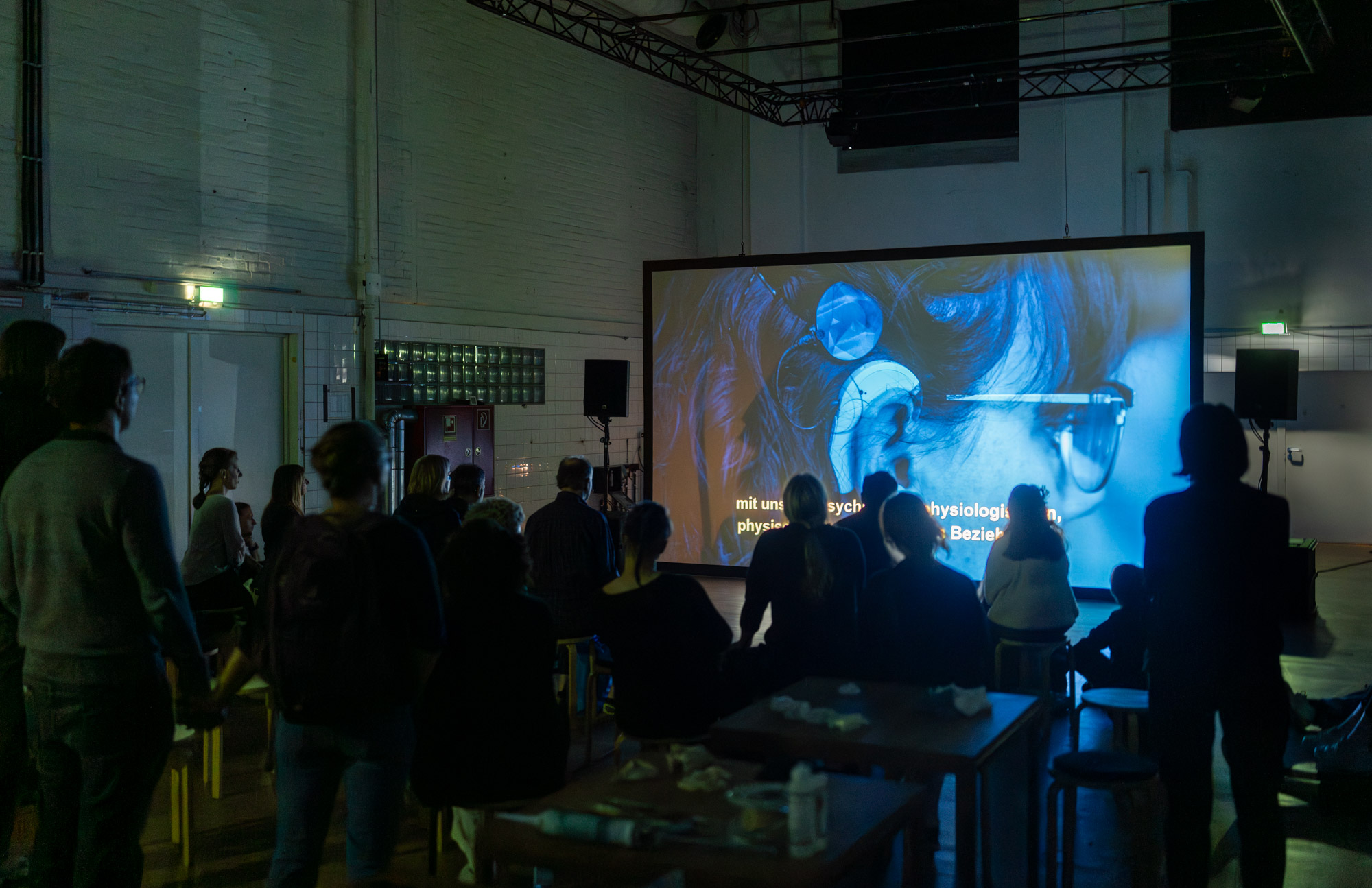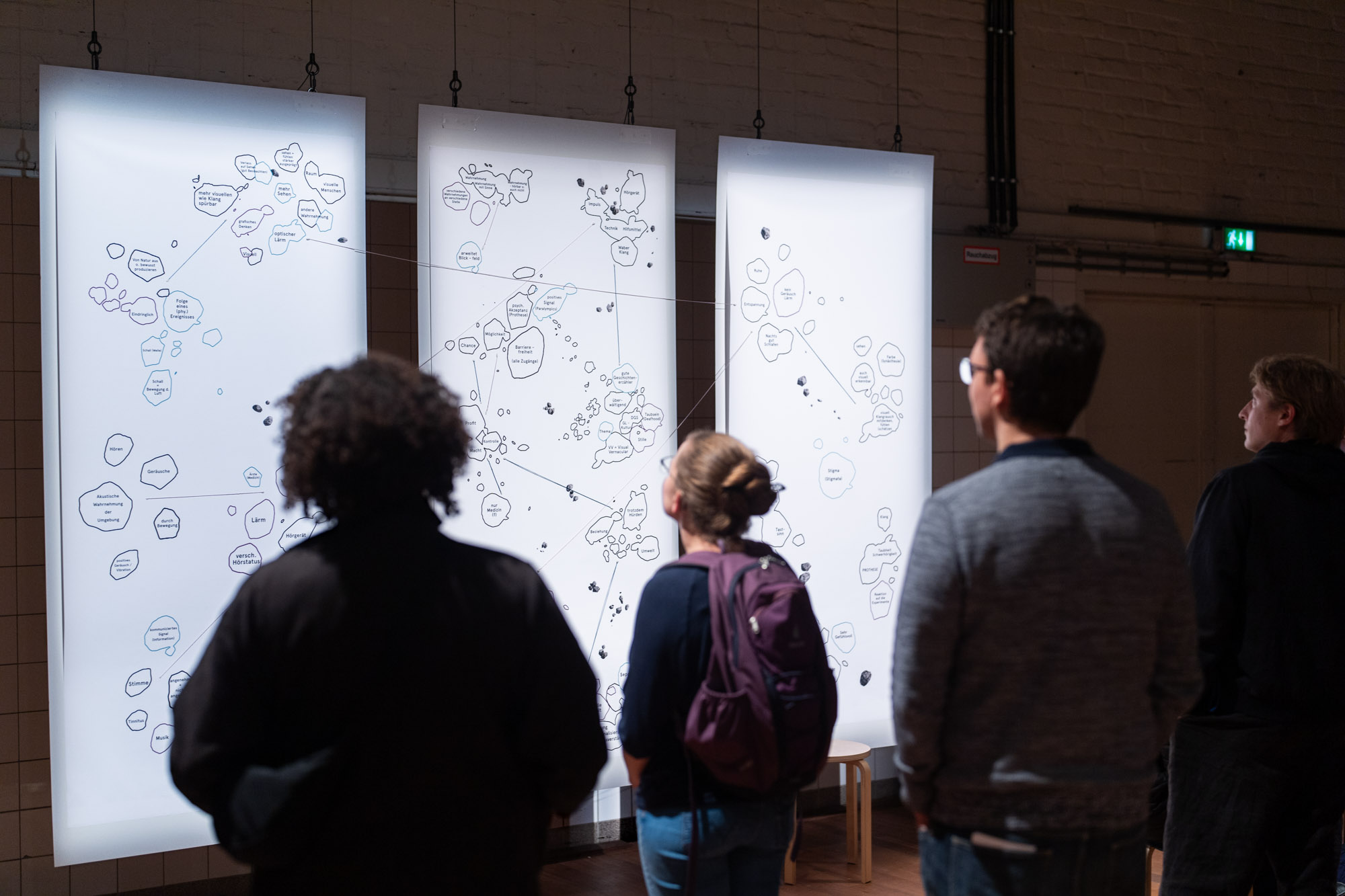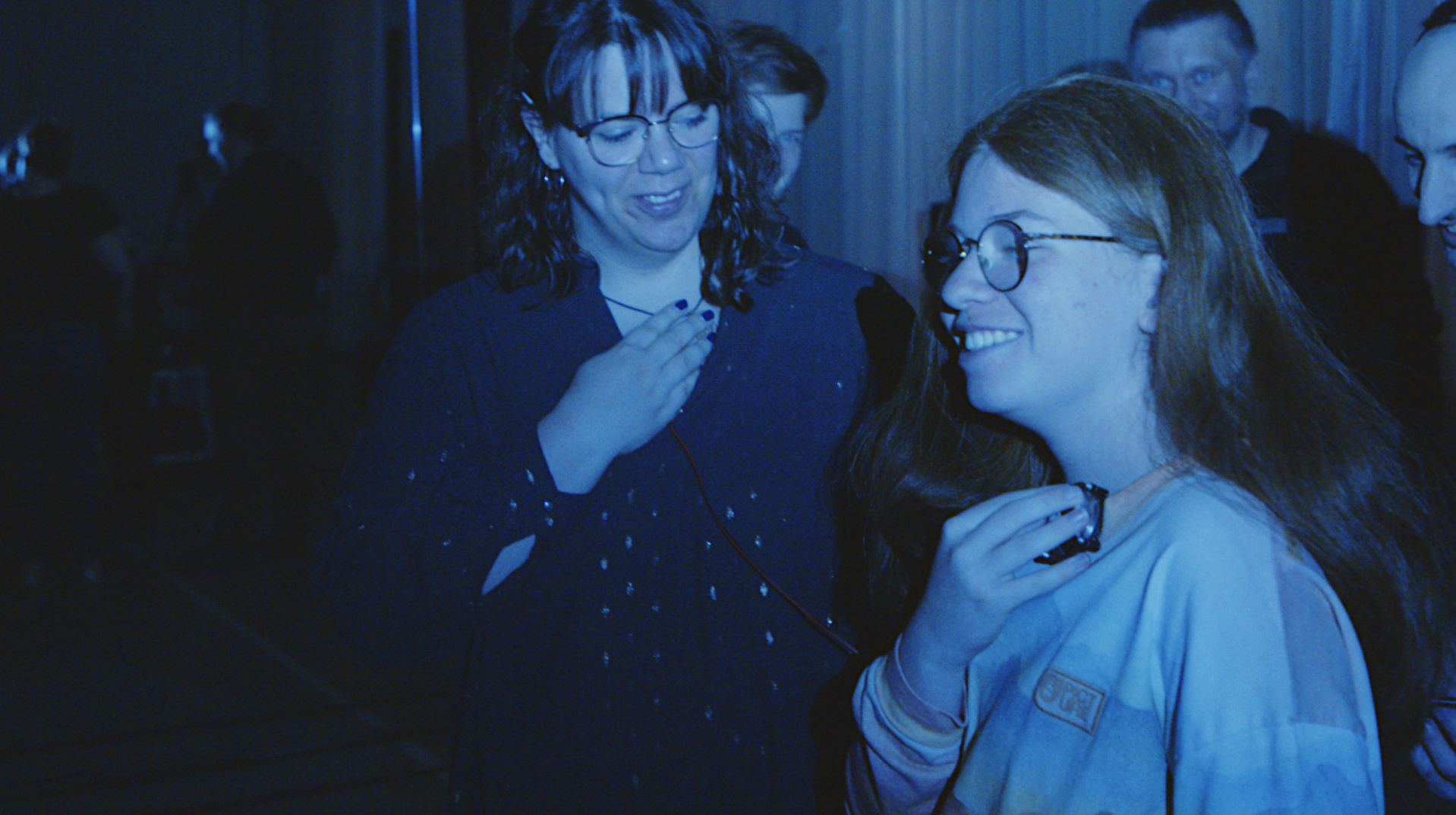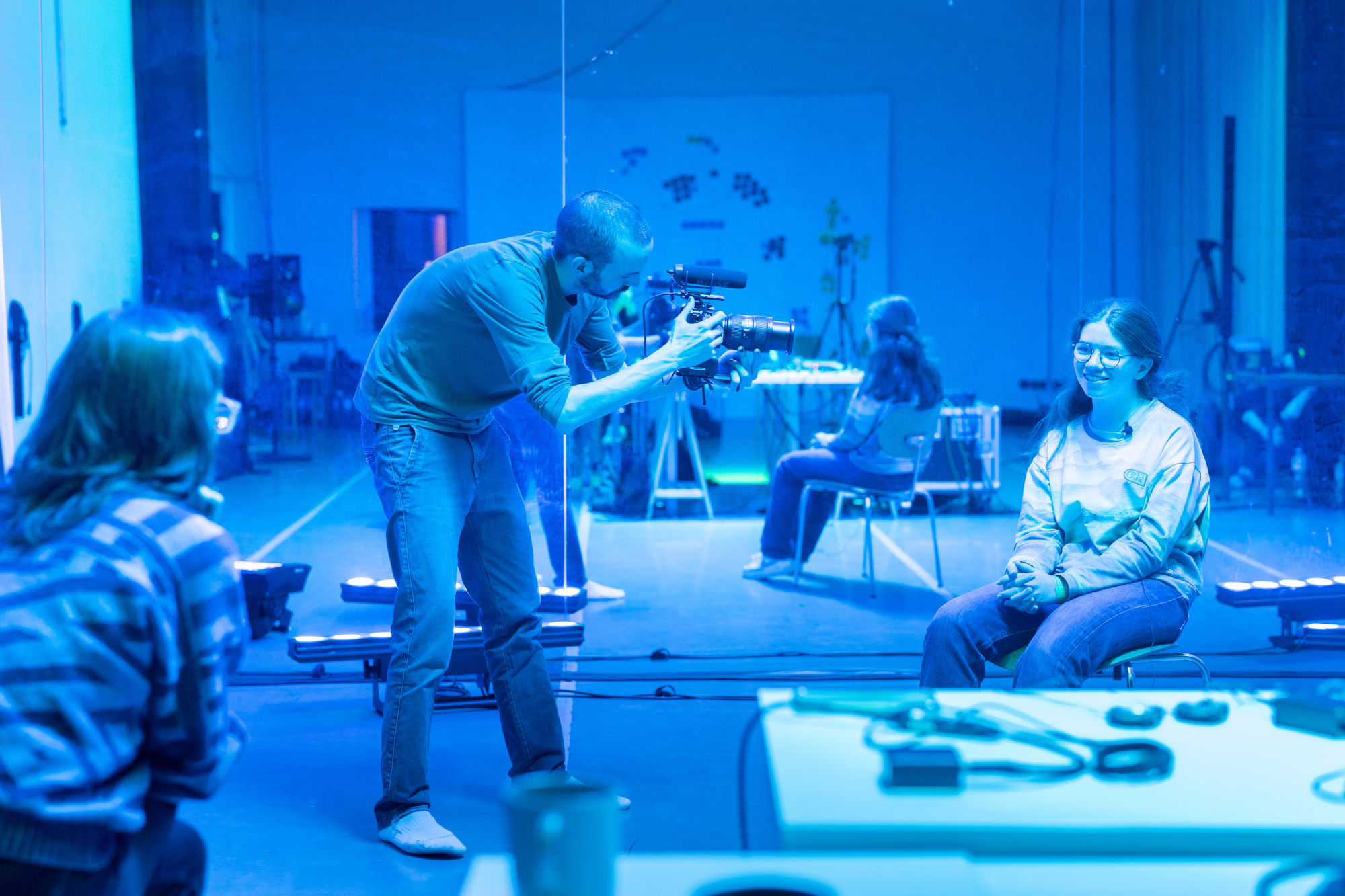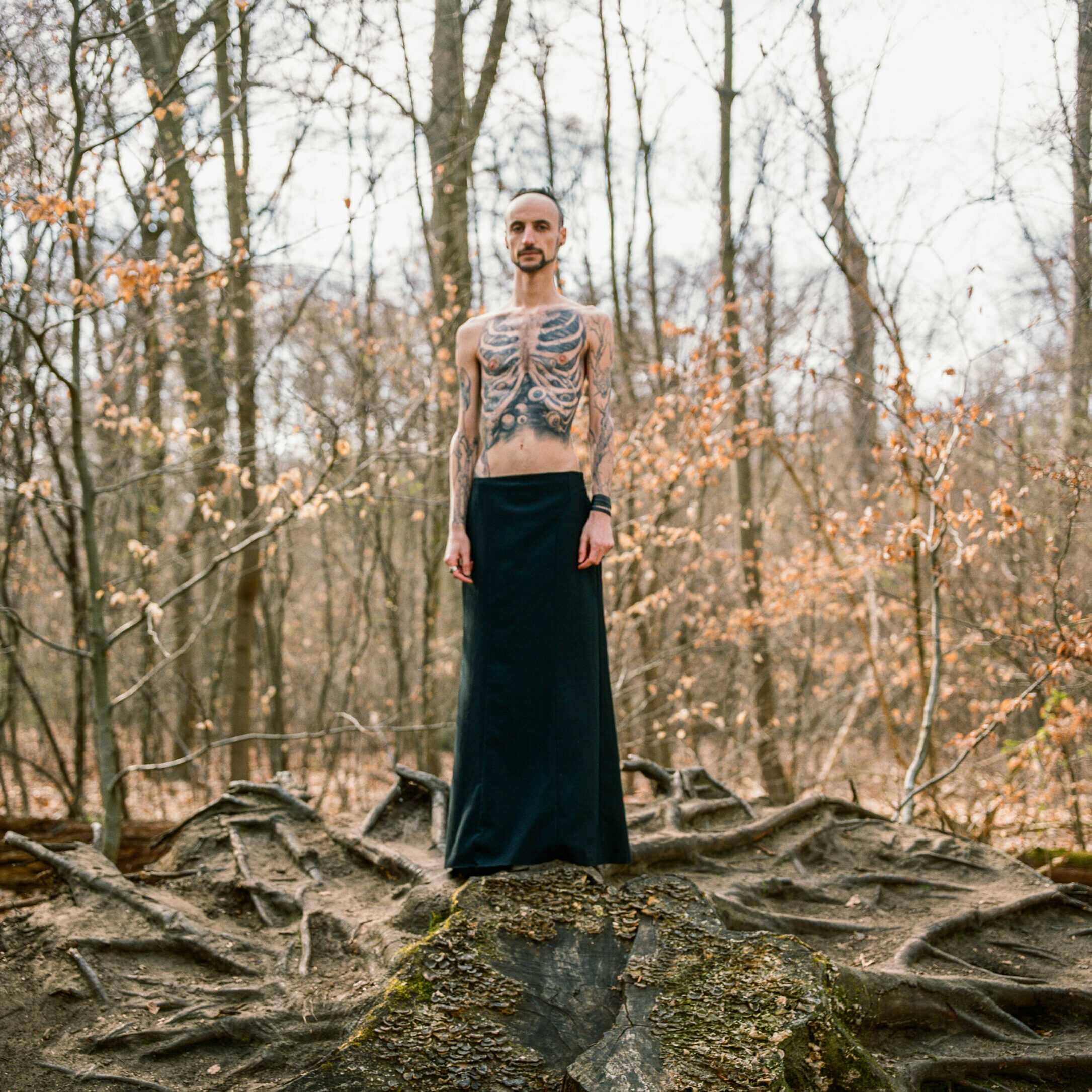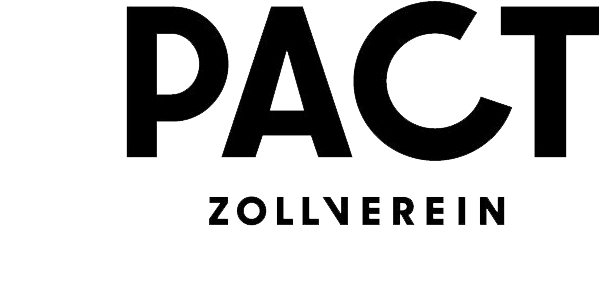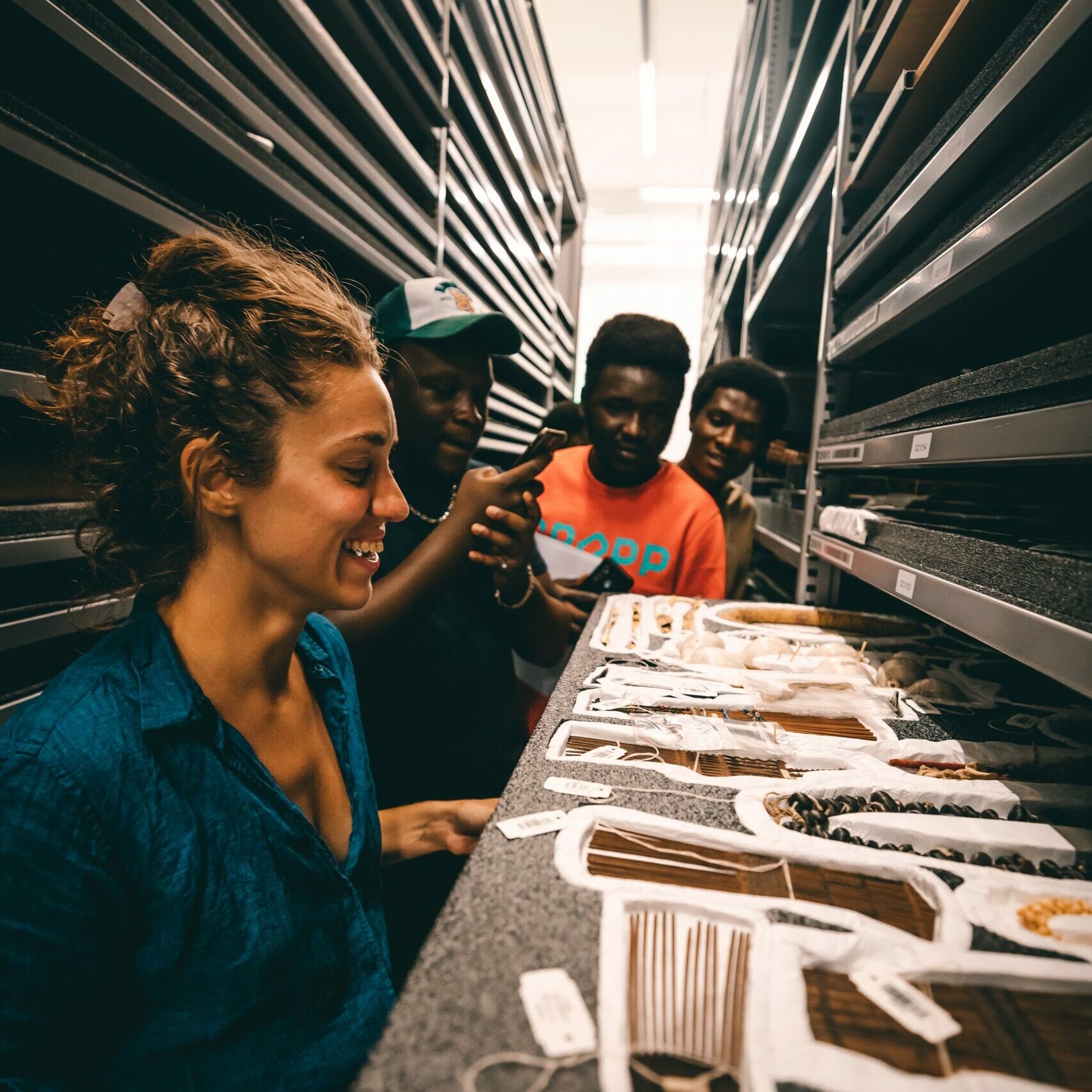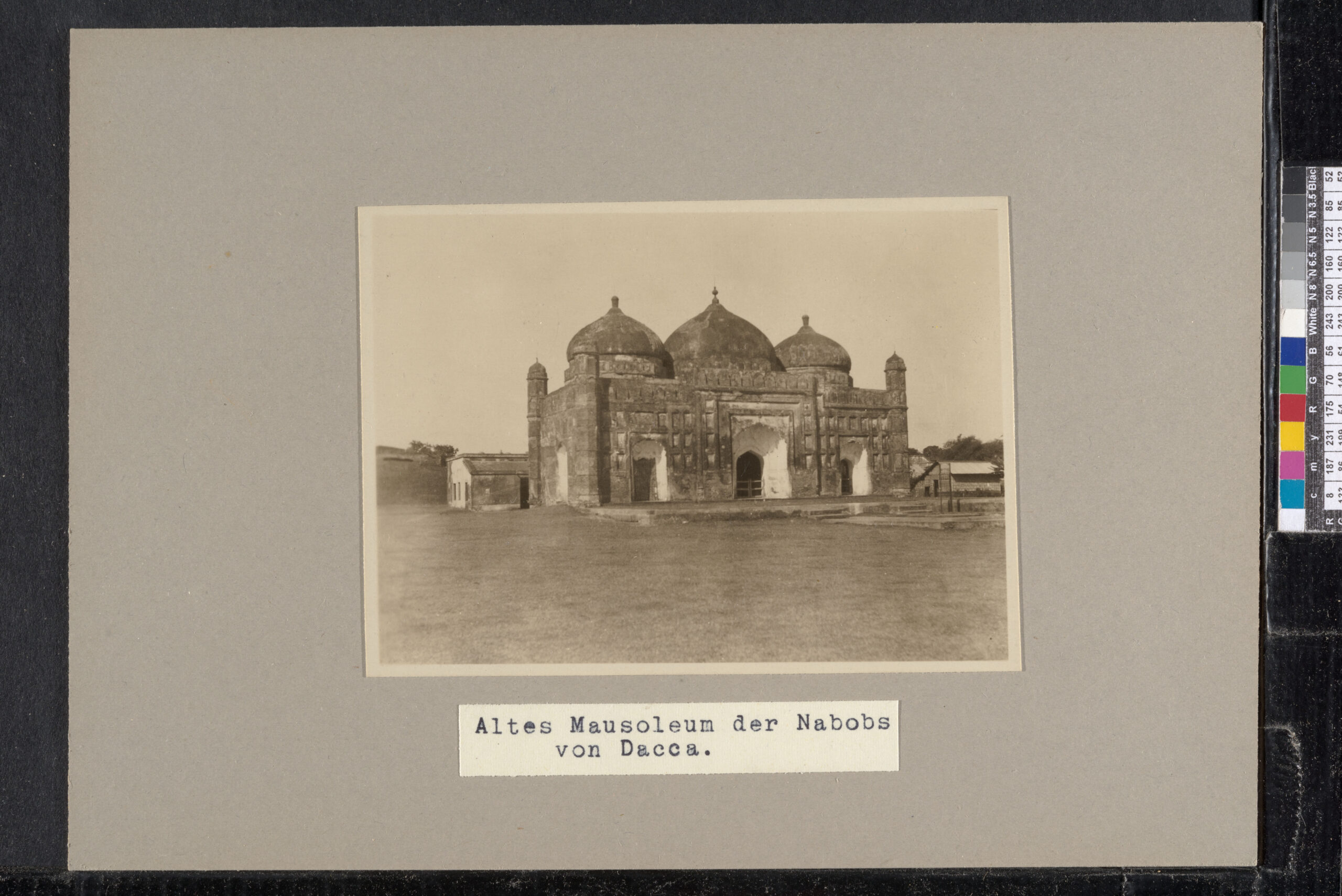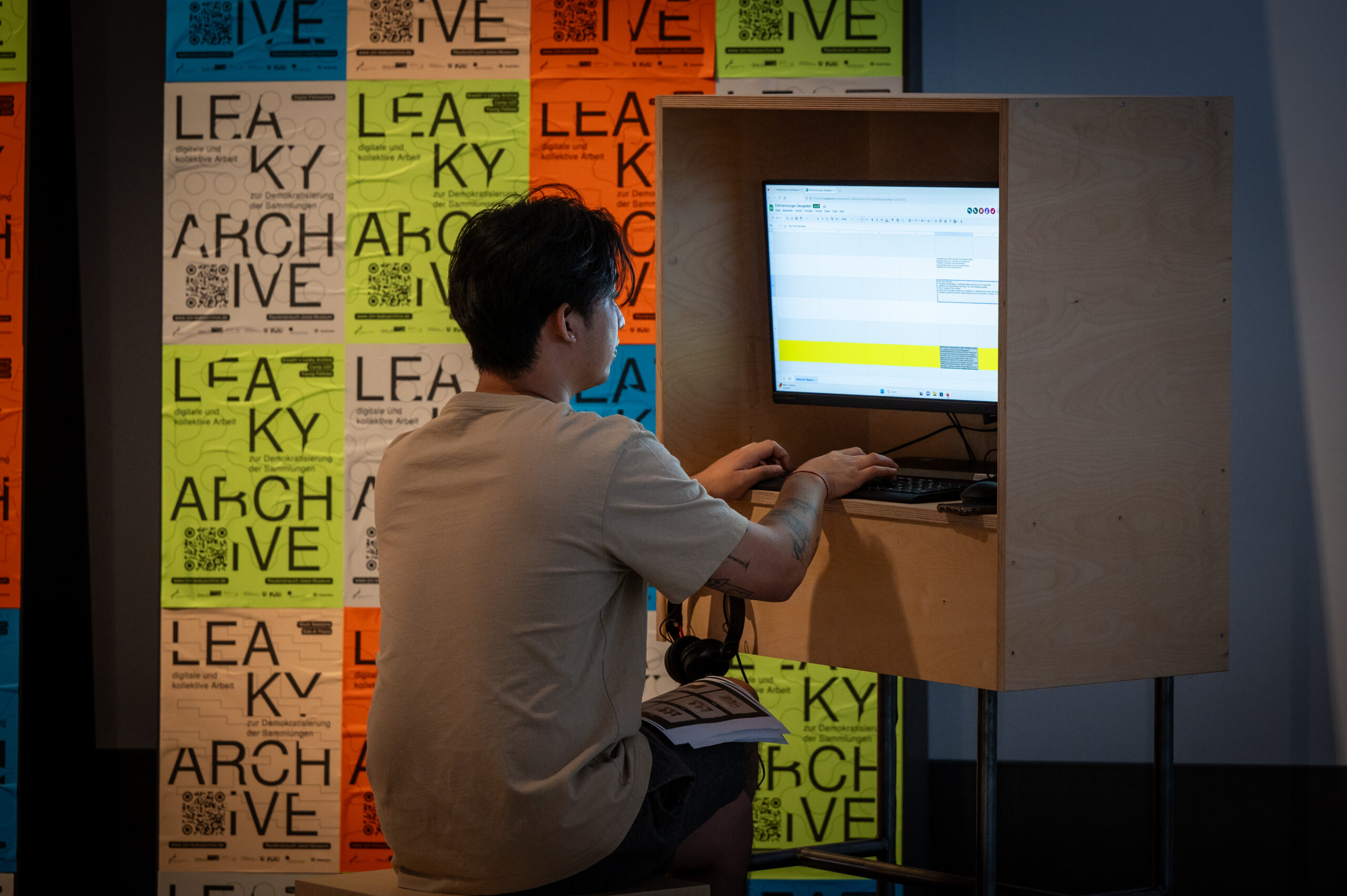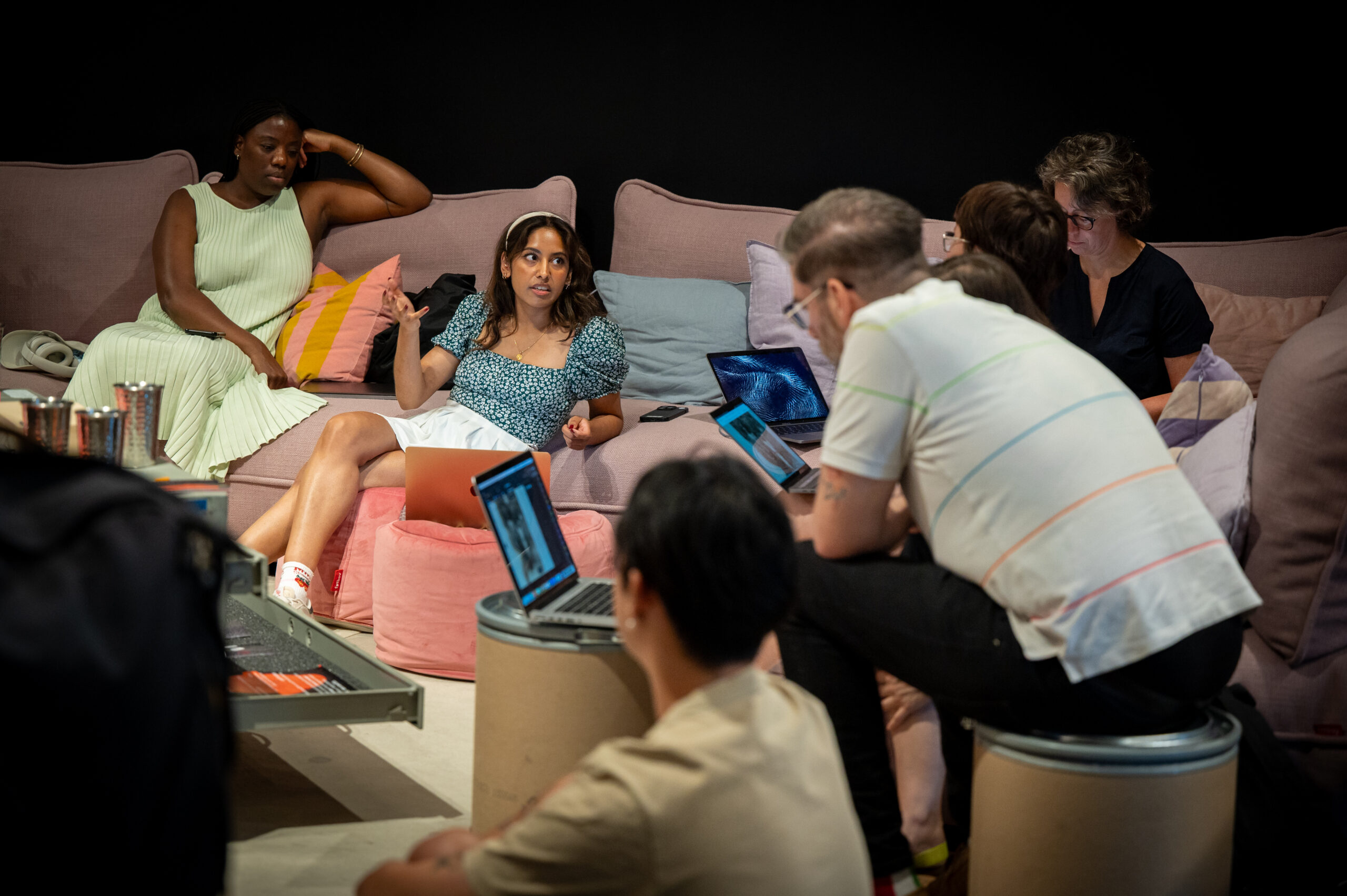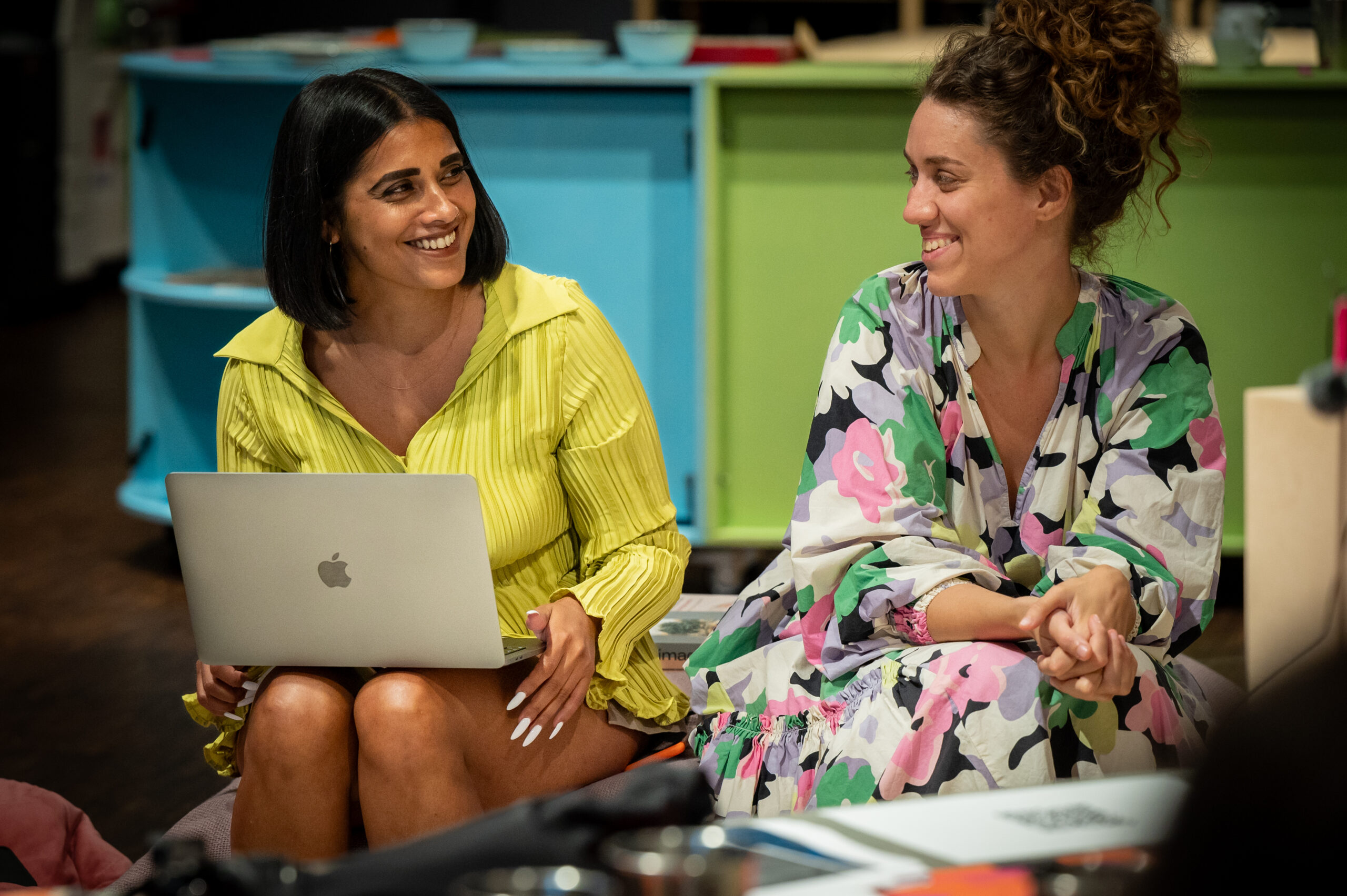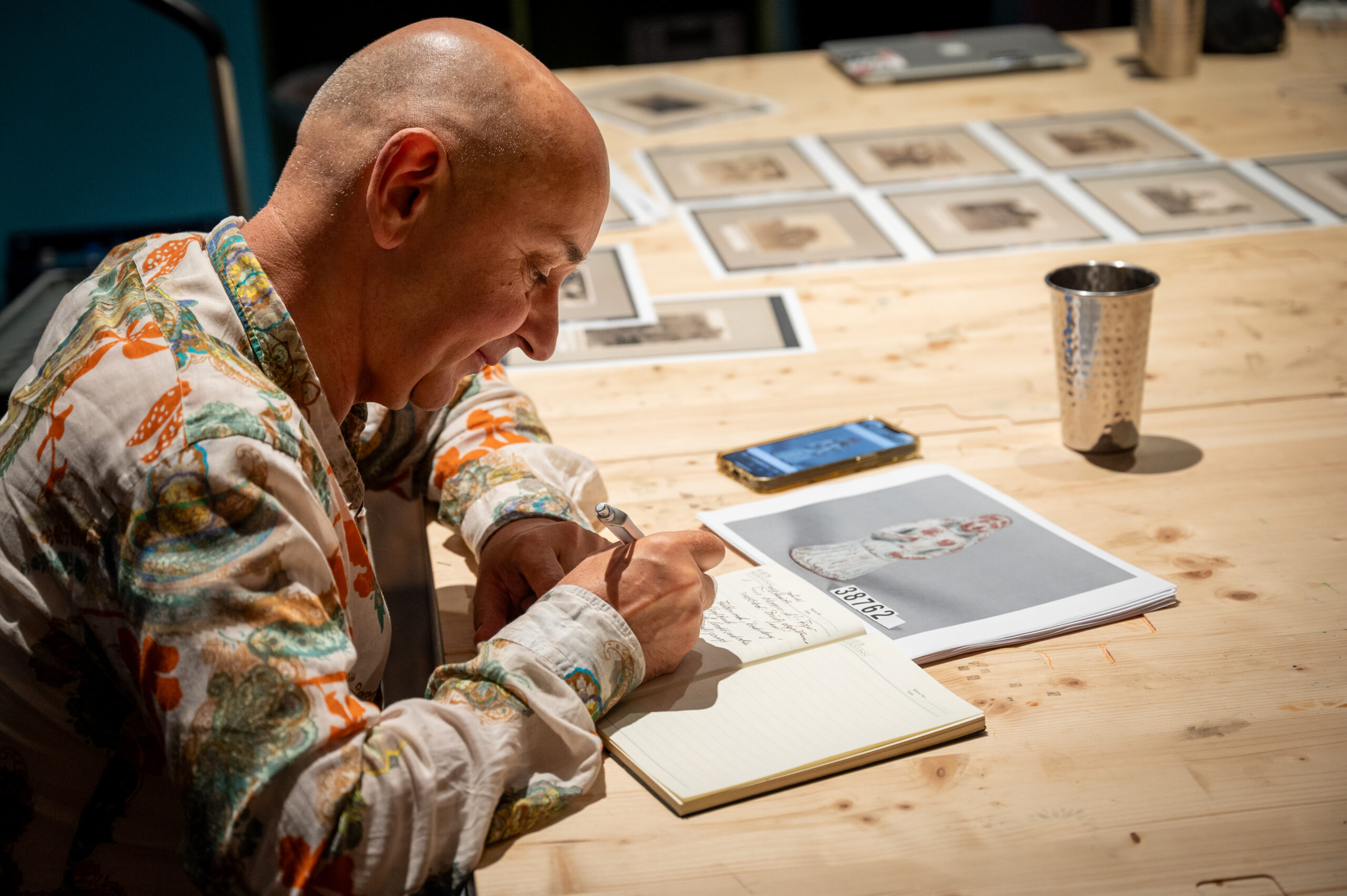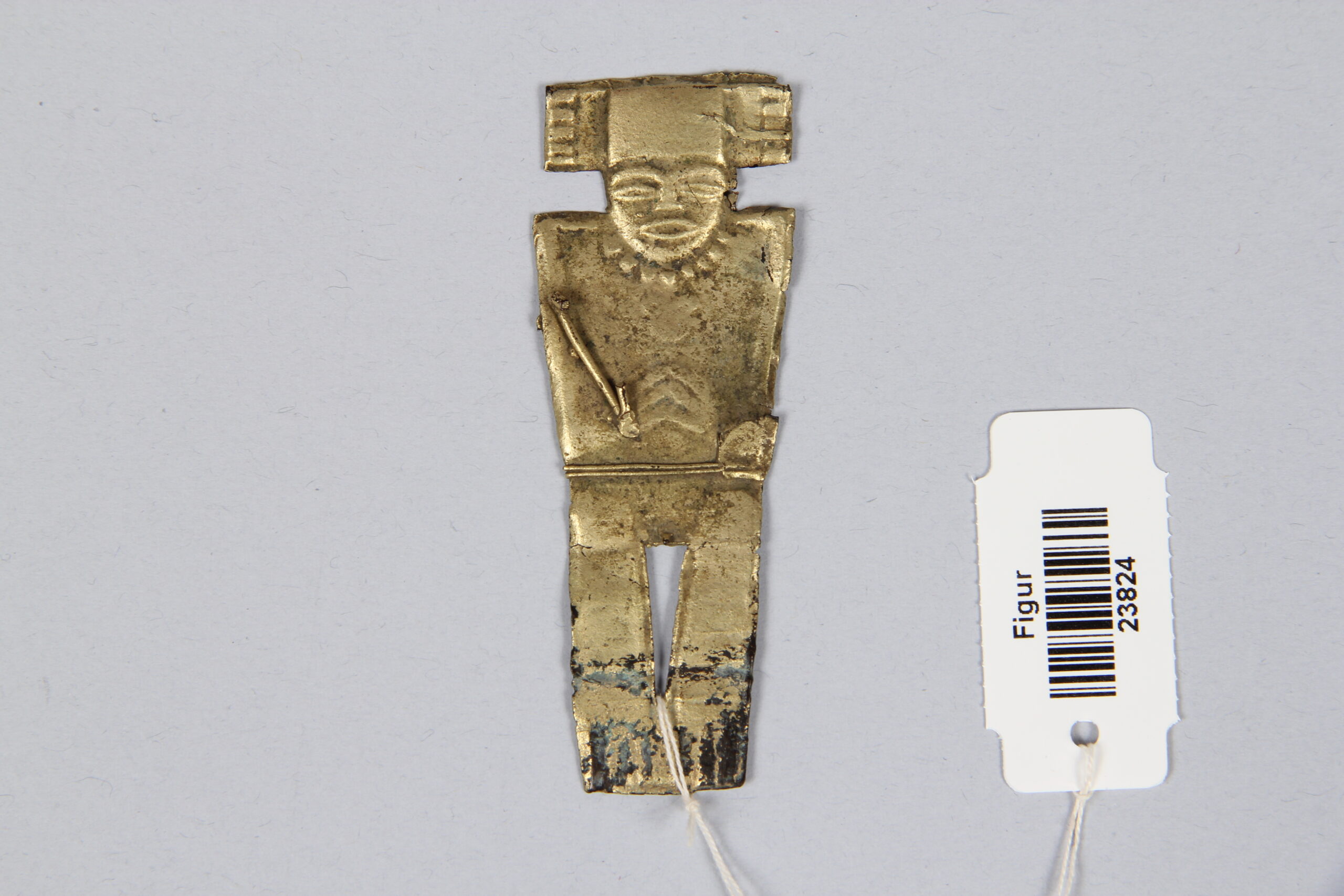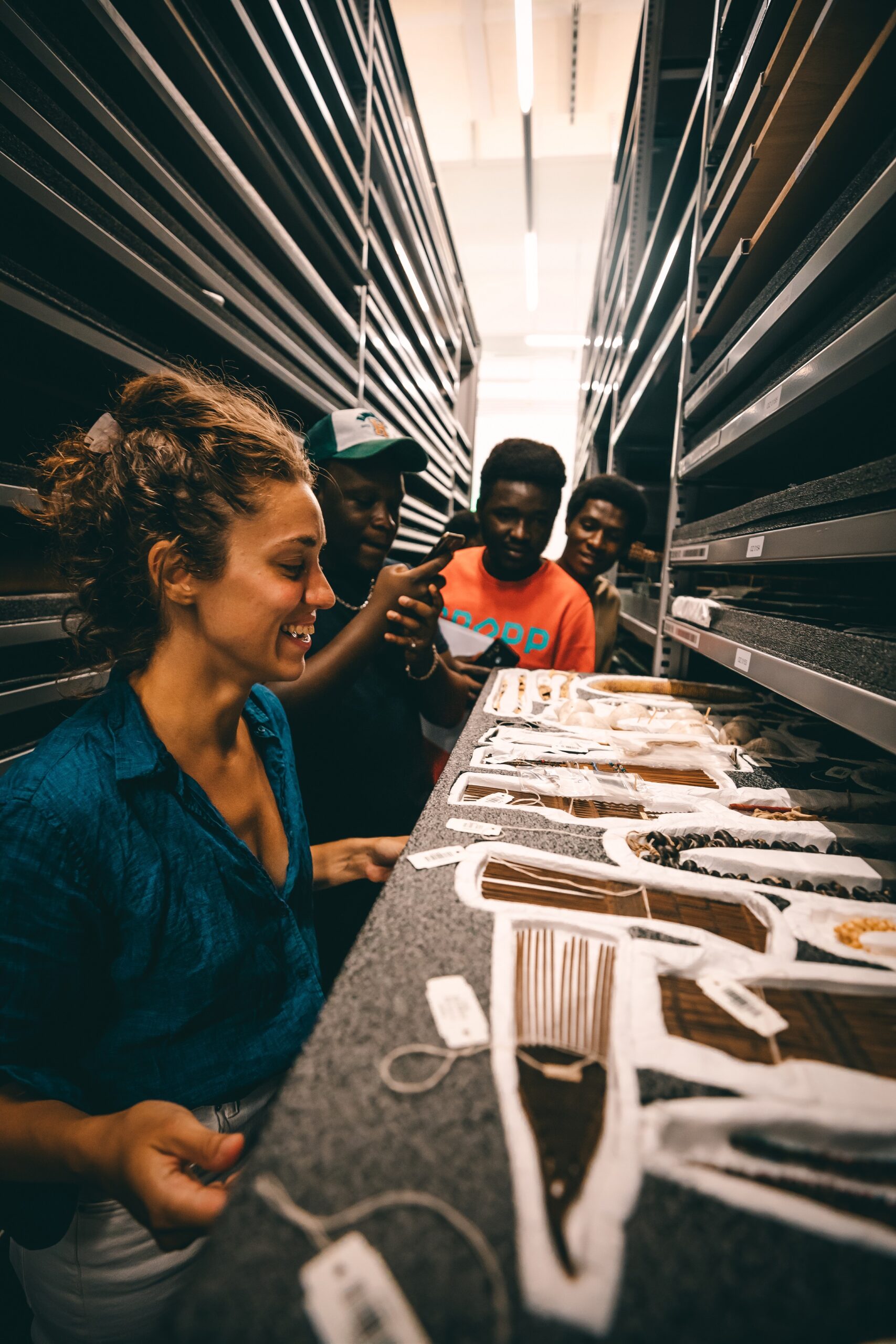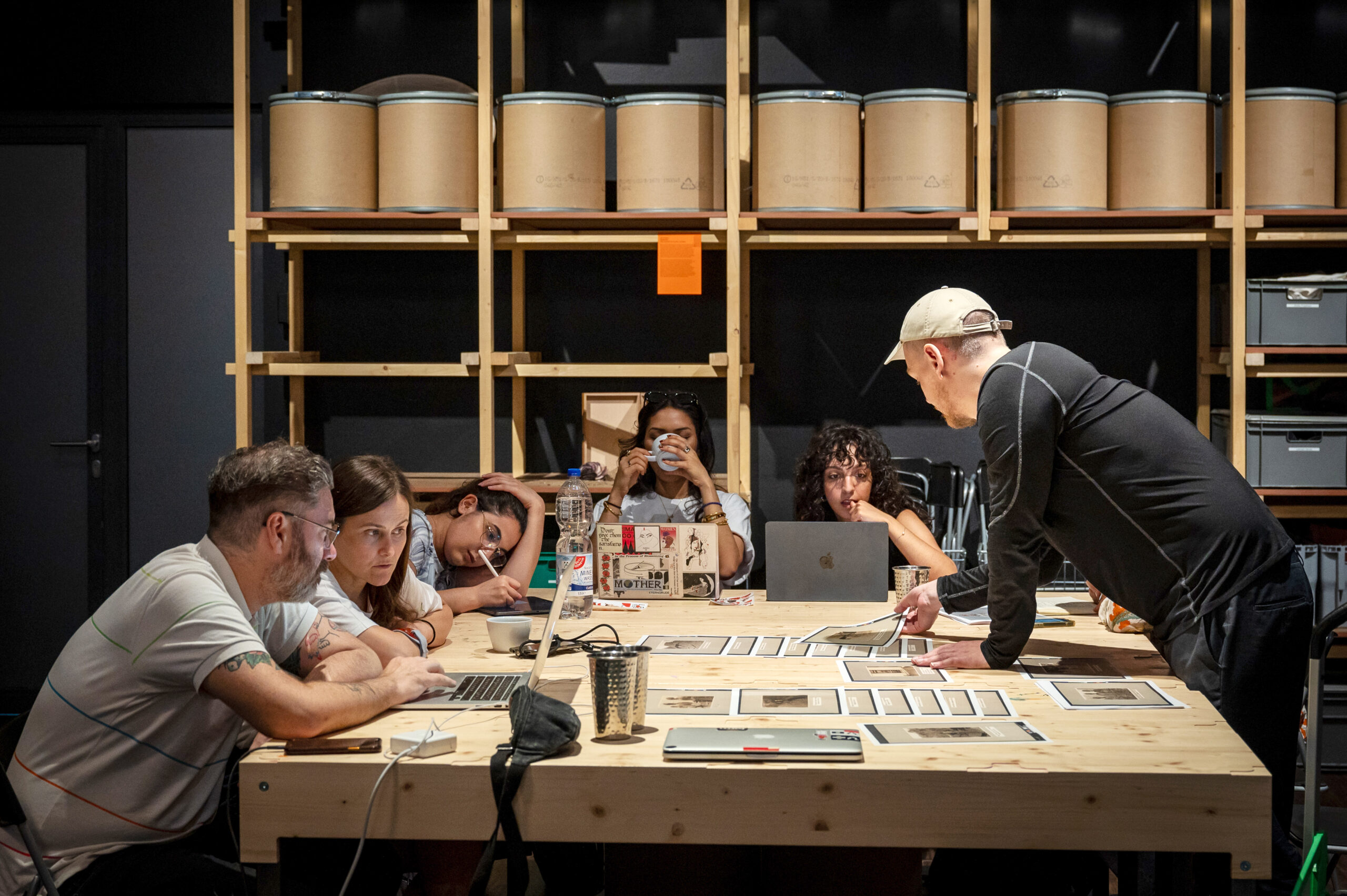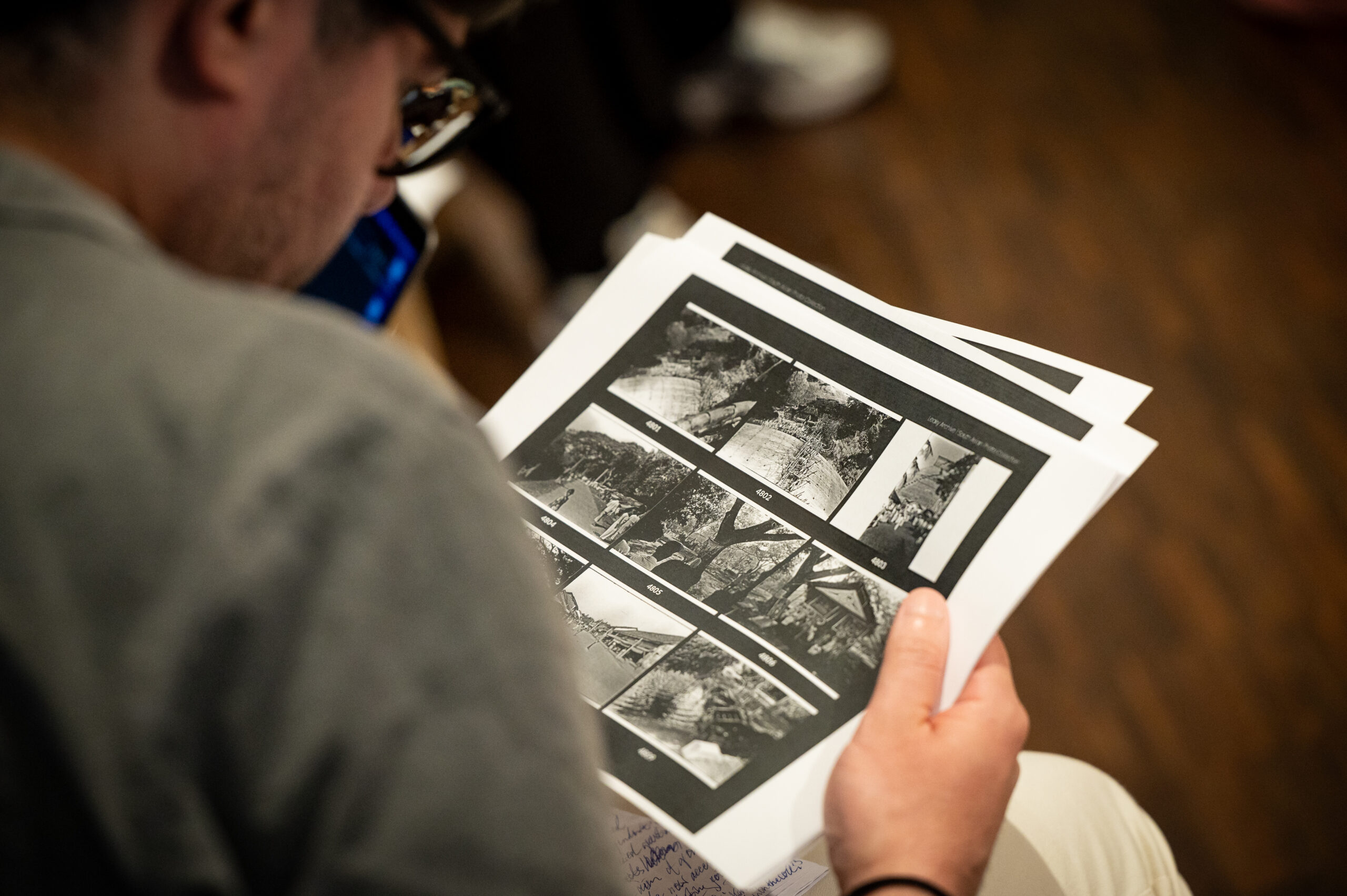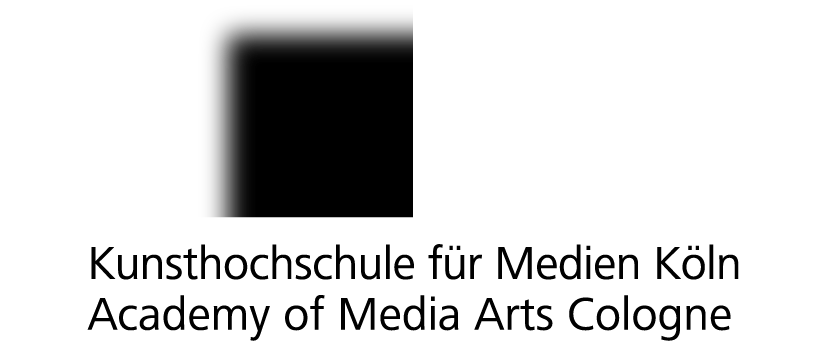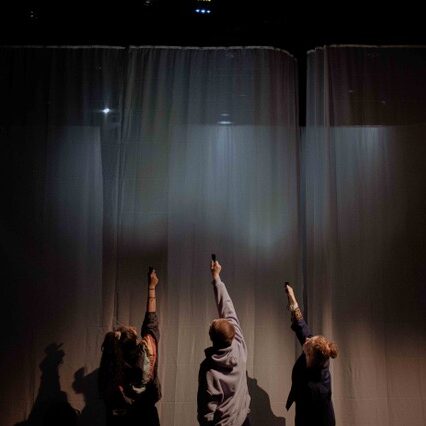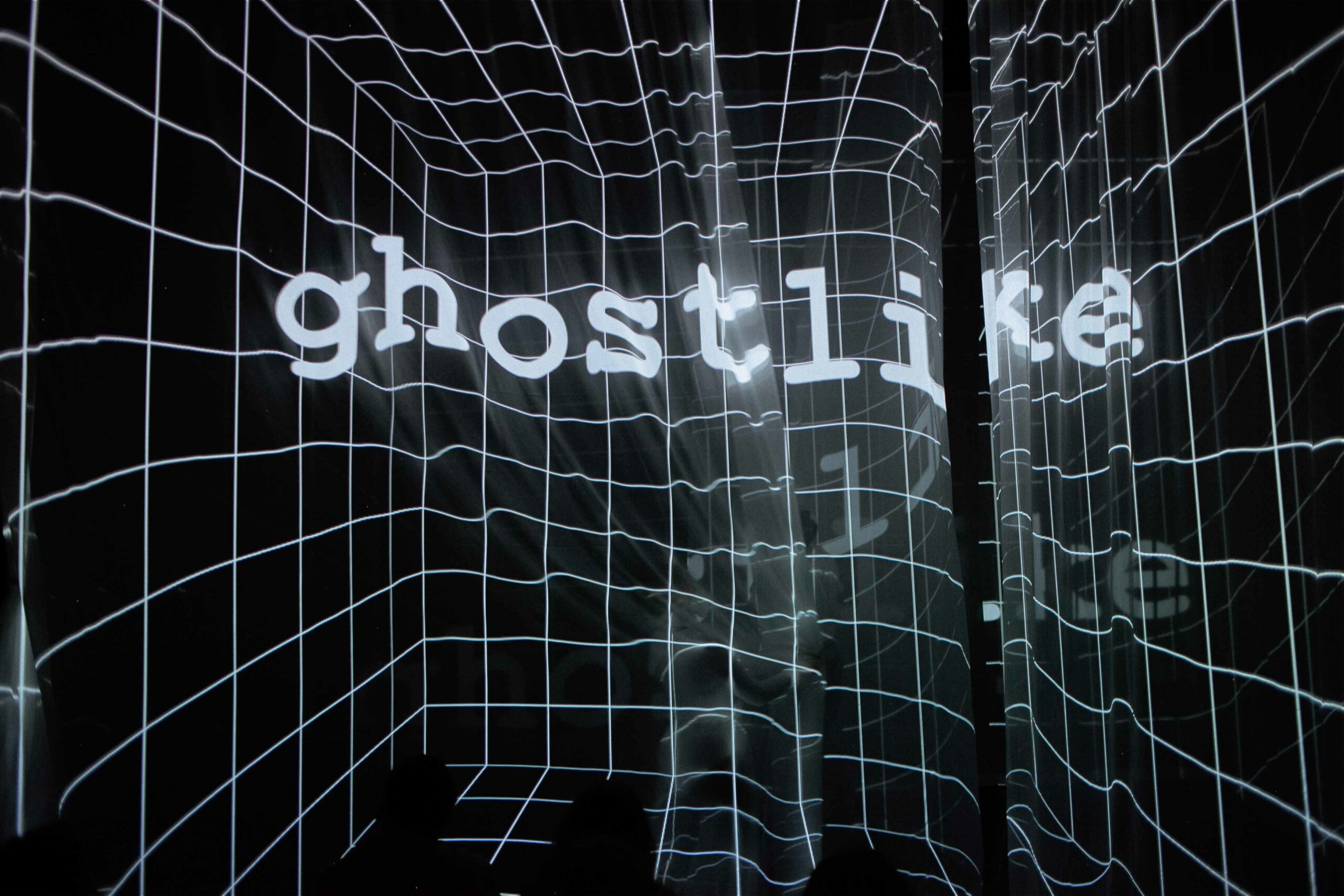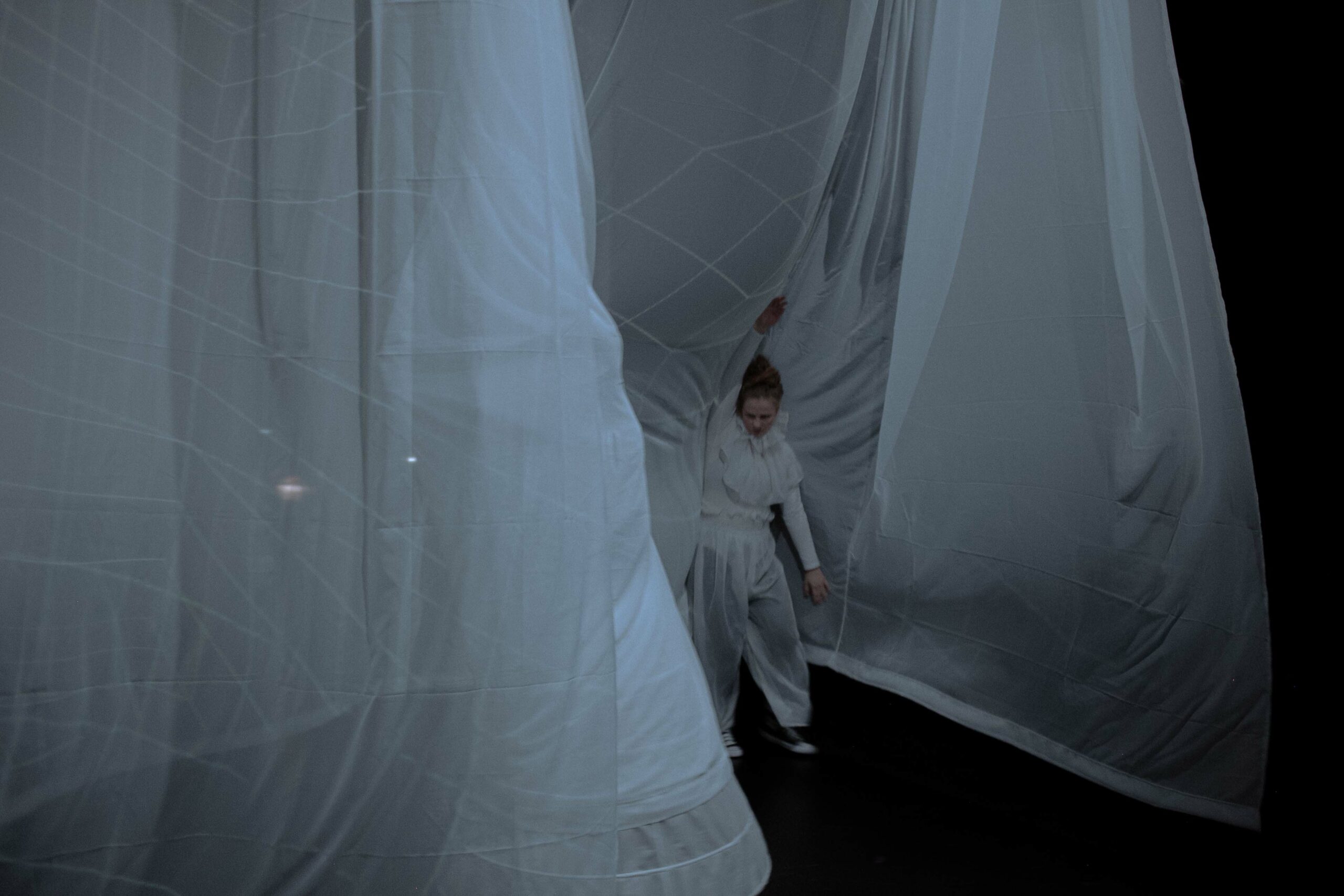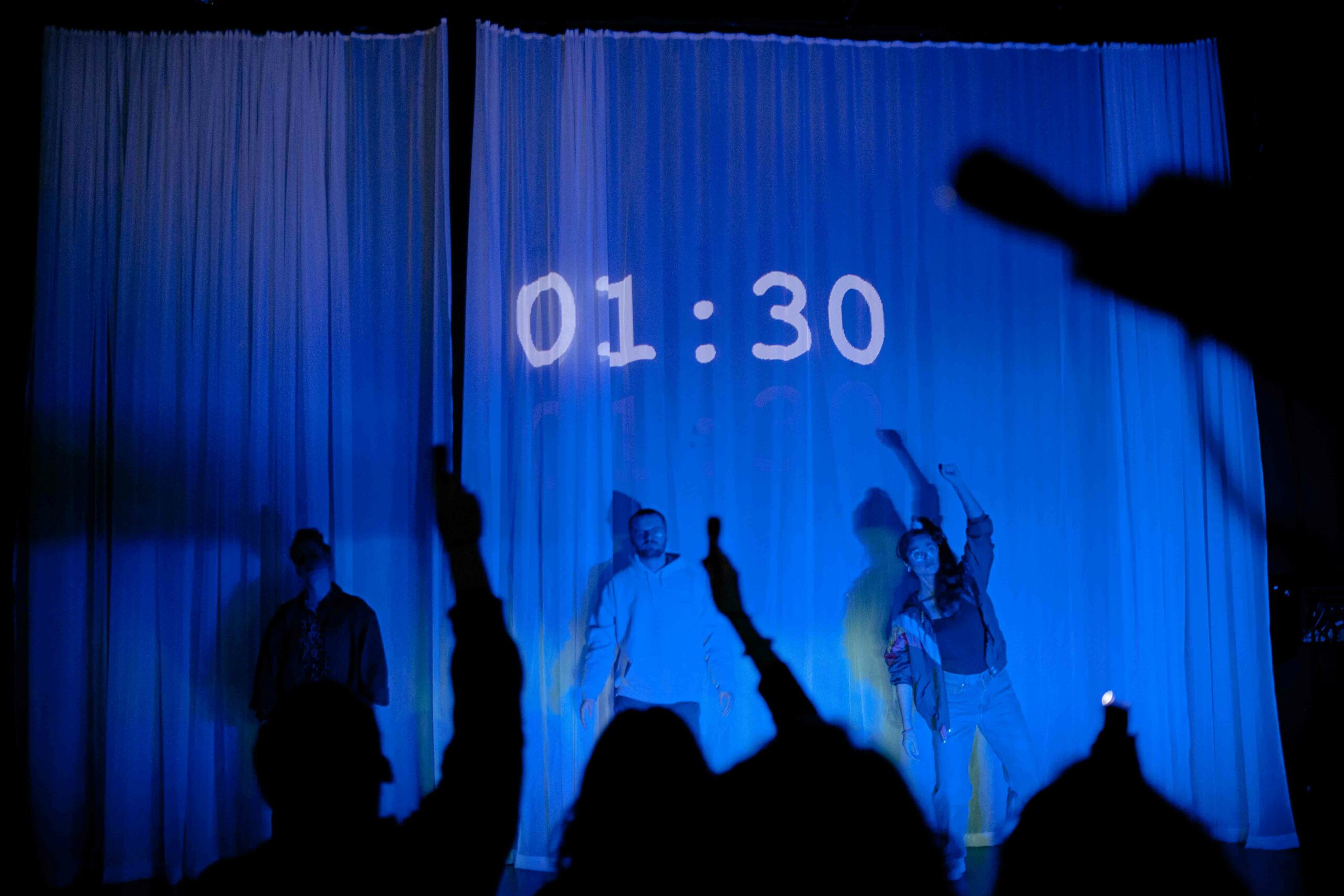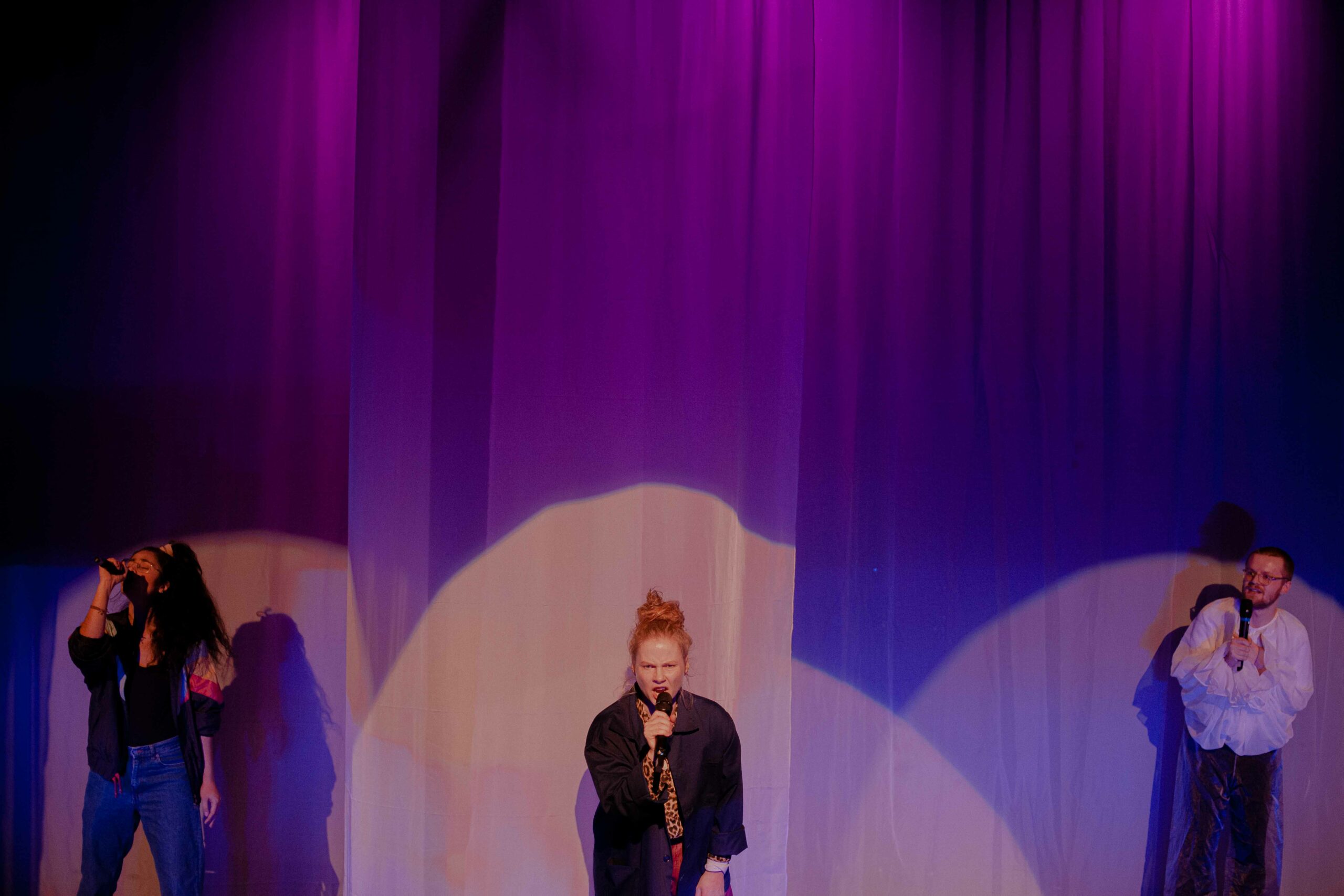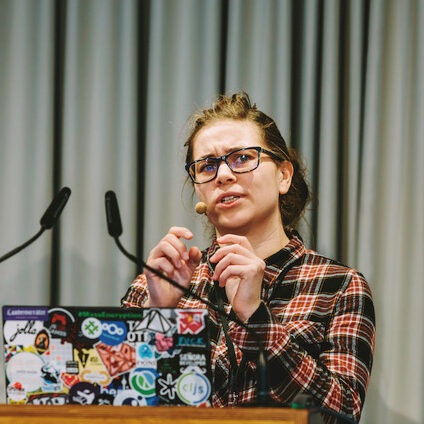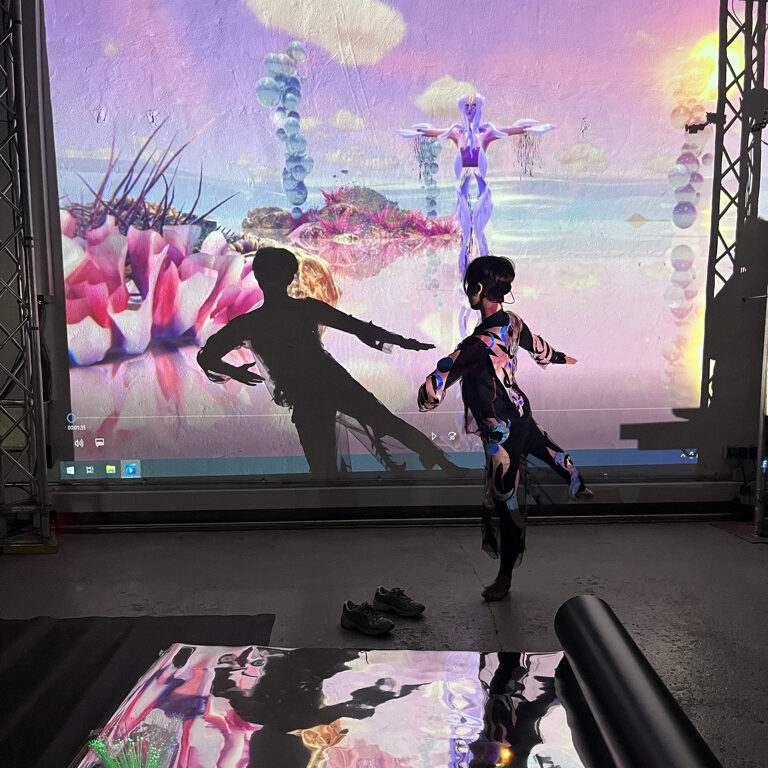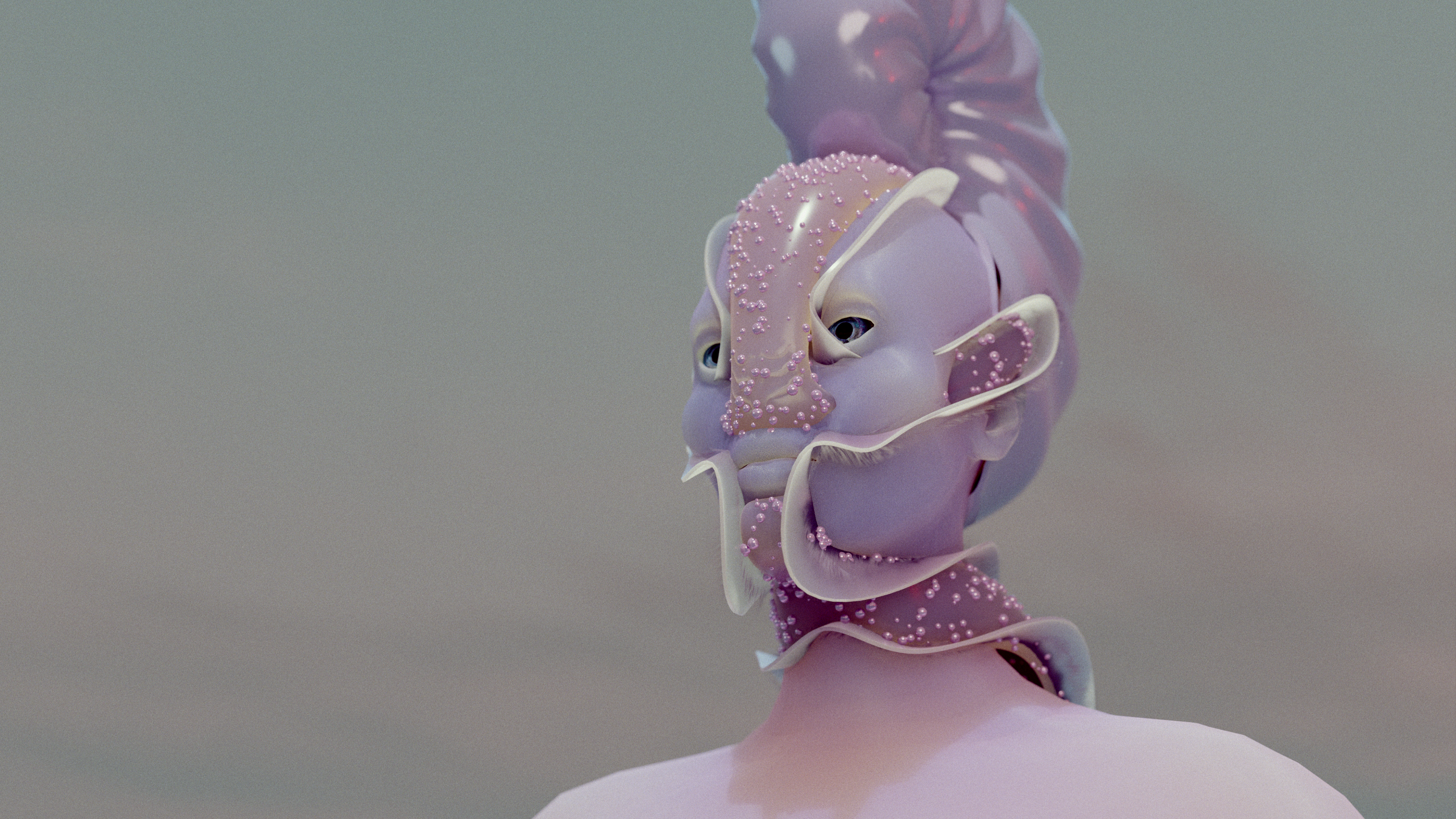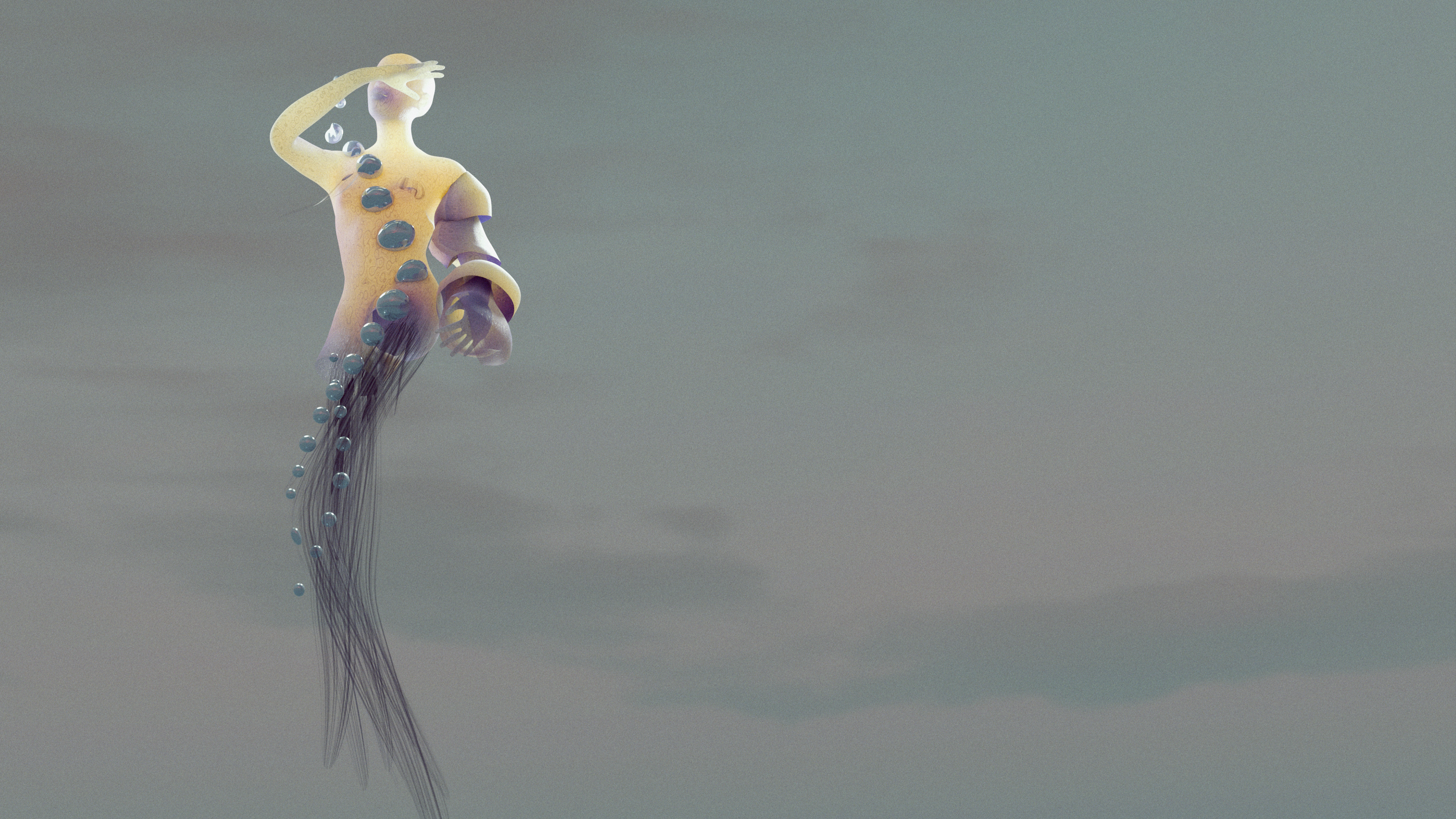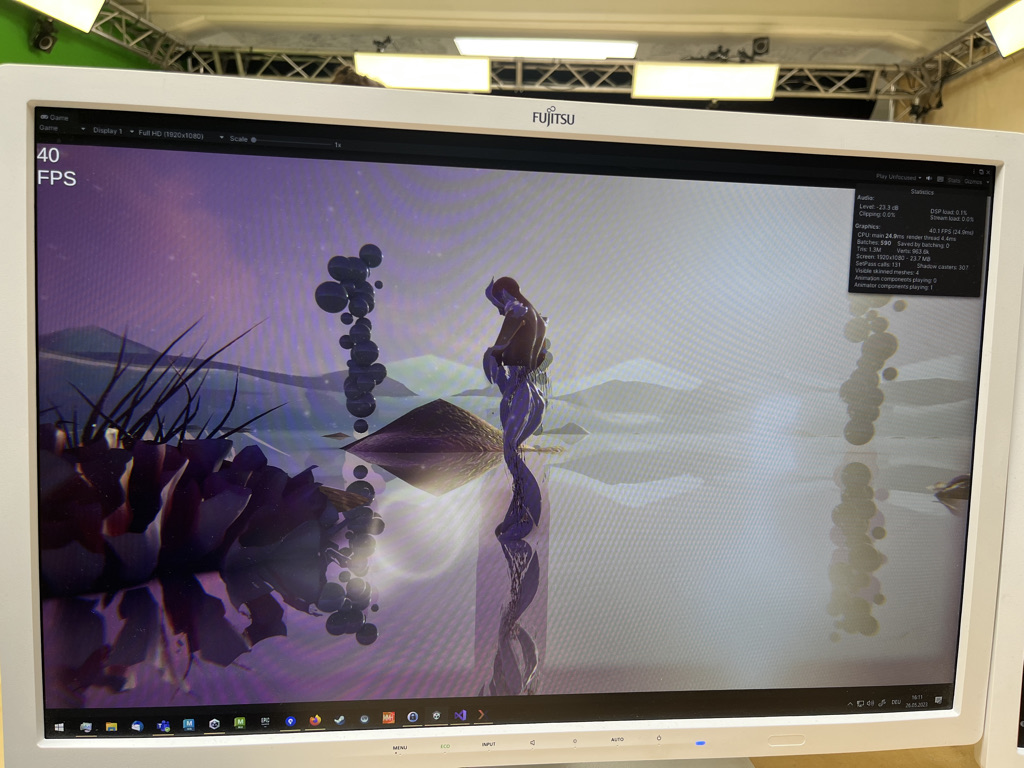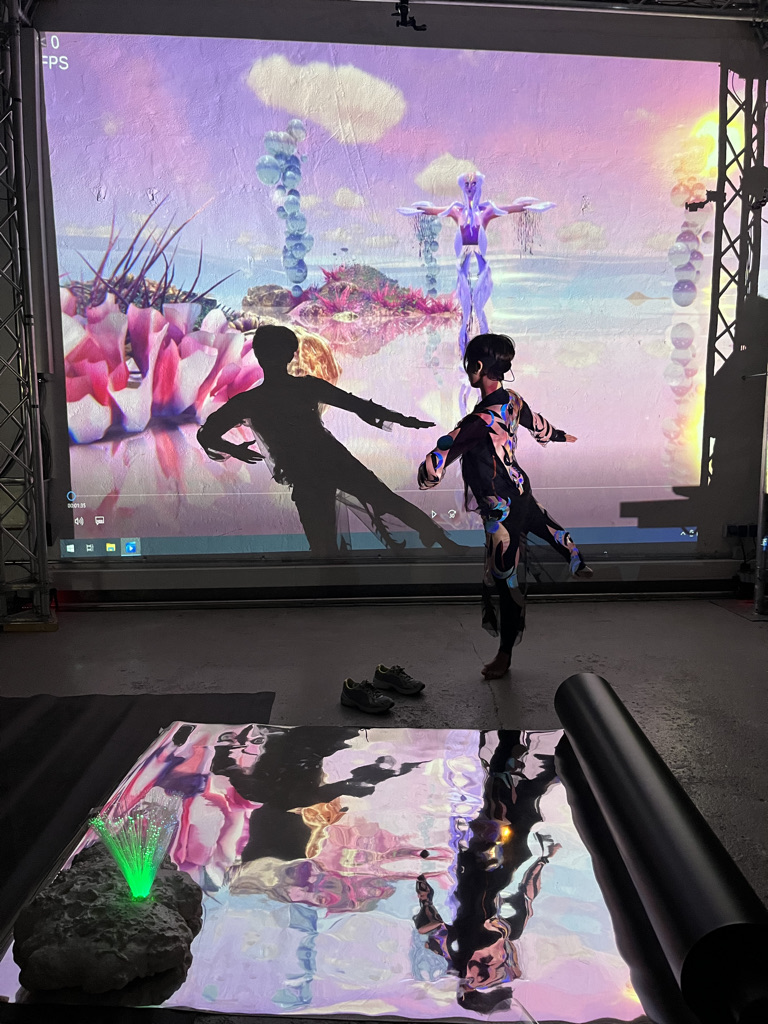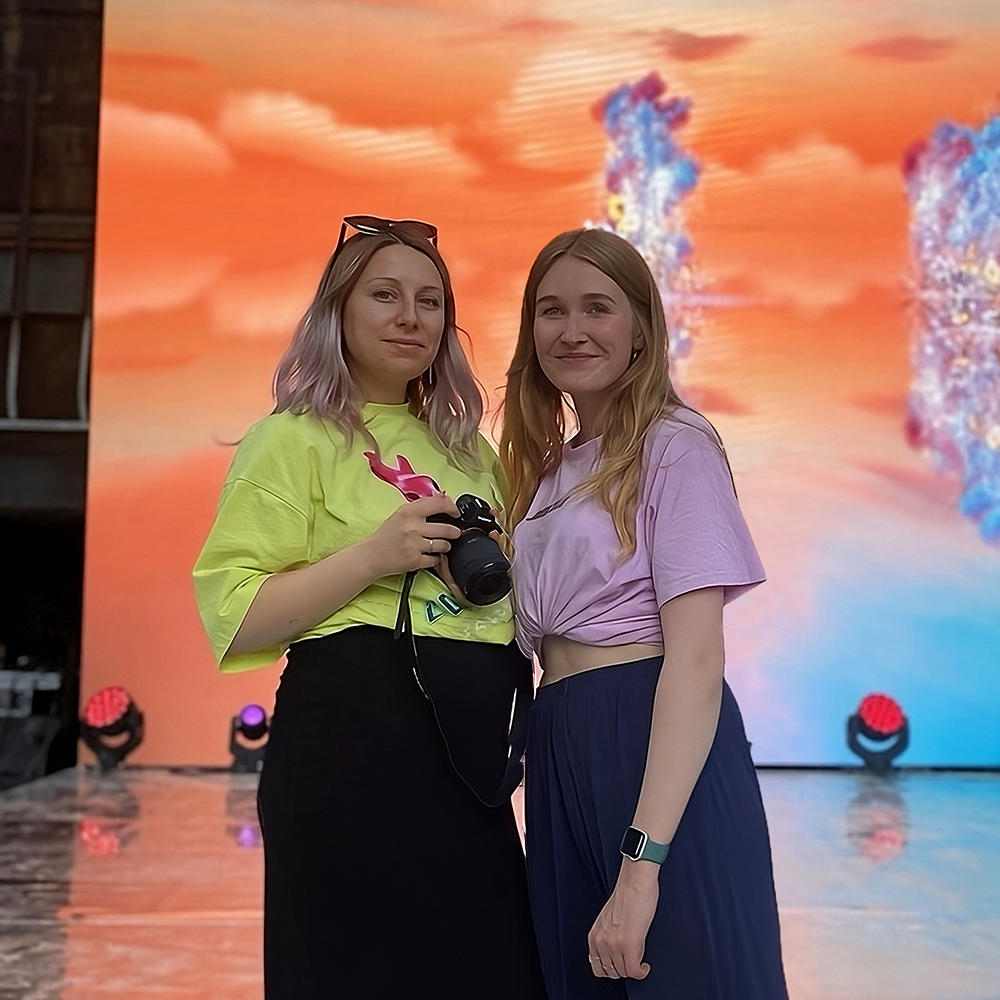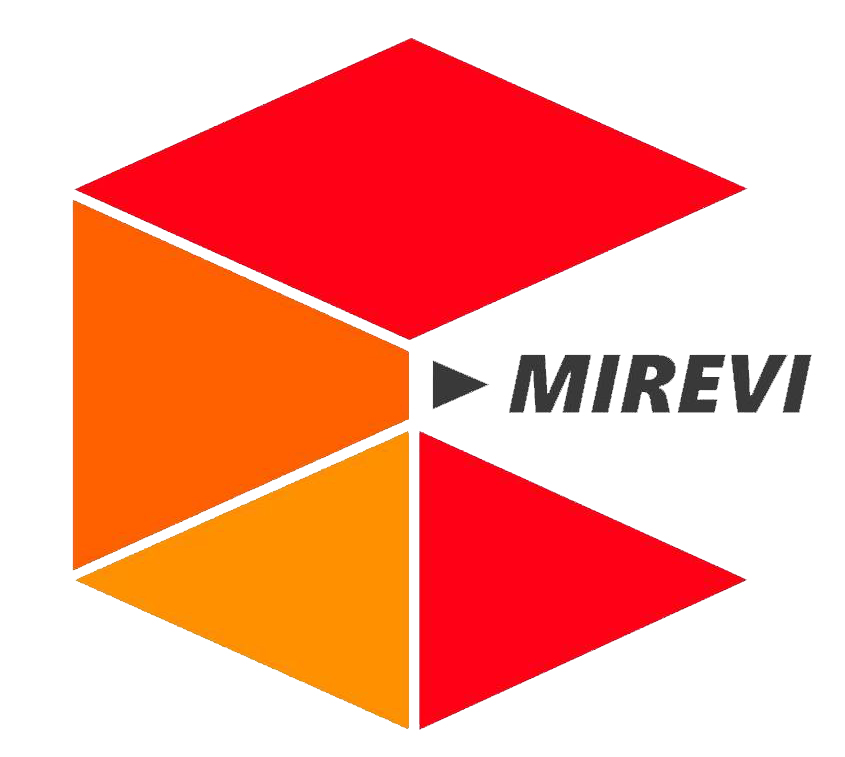University of Duisburg-Essen | Aylime Asli Demir: “AMBIGUITY & UNPREDICTABILITY”
FELLOW: Aylime Asli Demir
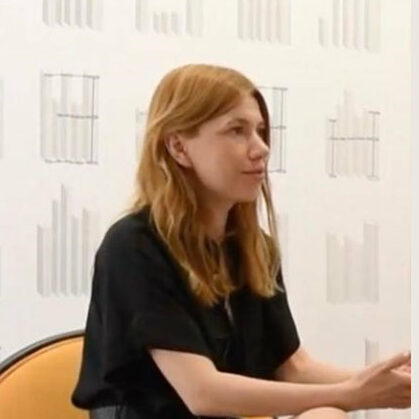
Duration: ongoing
The Institute for Art and Art Sciences at the University of Duisburg-Essen and the atelier automatique invited you to a workshop discussion with media art fellow Aylime Aslı Demir (curator, activist) as well as guests Eva Busch (curator) and Begüm Karagöz (student assistant at the queerfeminist Archiv LIESELLE).
The conversation discussed forms of resistance and the archiving of queer narratives, with a focus on the exchange of experiences and artistic, curatorial practices in the context of archives and (in)visibilities. The talks were moderated by Julia Nitschke and took place at atelier automatique in Bochum.
From December 9 to 12, 2023 and from January 27 to February 3, 2024, the Turkish author, curator, activist and media art fellow Aylime Aslı Demir was a guest at the institute as part of the project Ambiguity and Unpredictability: On Forms of Resistance and the Archiving of Queer Narratives.
Her stay is integrated into the art studies sub-project of the DFG research group Ambiguity and Distinction. Historical-Cultural Dynamics under the direction of Prof. Dr. Gabriele Genge and with the collaboration of Eva Liedtjens, which is focusing on queer perspectives and ambiguous concepts of temporality in contemporary art in Turkey in the current funding phase. Aylime Aslı Demir used the time of her stay in December 2023 and January 2024 for curatorial research on queer practices of archiving and resistance. In addition to the exchange with the research group Ambiguity and Distinction, Aylime Aslı Demir established contact with local initiatives and institutionalized archives to develop new forms of networking with actors of queer (media) artistic and curatorial projects between the Ruhr area and Ankara.
Aylime Aslı Demir is a writer, curator, and activist. Demir studied Public Administration, Political Science and Women’s Studies. Since 2010, she has been working on editorial and curatorial projects dealing with the politics and aesthetics of bringing together diverse knowledge and practices in
exhibitions and publications. From 2013, she is the Academic and Cultural Studies Programme coordinator and the editor-in-chief of Kaos GL the main Gay and Lesbian Cultural Research and Solidarity Association in Turkey. She lectured at Ankara University on Gender and Women’s studies and has been the coordinator of Feminist Forum which gathers together prominent feminists and
LGBTI+ activists around the world in Ankara. Additionally, Demir is a jury member of Women to Women Story Contest organized since 2006 in order to encourage women writers to write about their lesbian–bisexual stories.
Apart from her editor career, Aylime Aslı Demir has been active in the framework of exhibitions, conferences, and community work. Some of her recent activities include curating the group show Betwixt and Between in 2023 at Sanatorium in Istanbul. In 2022 she was a participant at Slavs and Tatars residency that was supported by SAHA. Aylime Aslı Demir curated Unpredictable Times: Queering Politics in Turkey at, MUCEM in Marseille in 2019. She attended the Young Curators Academy at Maxim Gorki Theater in Berlin in 2019. Furthermore At least three fingers; still life lessons from a queer feminist activist, Badischer Kunstverein, Karlsruhe 2019, Dislocations in Queer Art, Kara Art Studio, Kocaeli, 2019; Read My World Literature Festival, Amsterdam, 2018; Vanishing Mediator, Evliyagil Museum, Ankara, 2018; Colony, Queering the Posthuman, Schwules Museum, Berlin, 2018; Colony, Queering the Posthuman, Abud Efendi Mansion, Istanbul.
Aylime Aslı Demir established international Ankara Queer Art Residency in Ankara in 2019. The program hosts visual artists from Turkey and abroad and provides artists with 8 weeks of both living and working space while supporting and promoting production and research processes. During this time, artists have the opportunity to work with artists, activists, researchers, and curators from Turkey.
EVENTS FOR THE PROJECT
AMBIGUITY & UNPREDICTABILITY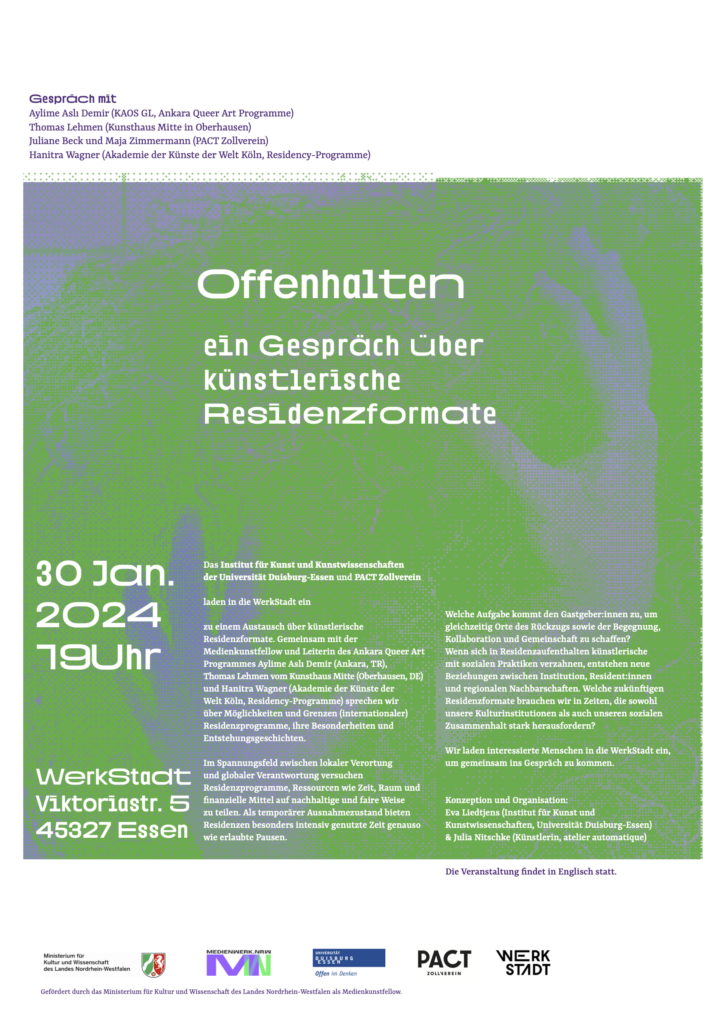
OFFENHALTEN – EIN GESPRÄCH ÜBER KÜNSTLERISCHE RESIDENZFORMATE
30 January 2024, 19.00
WerkStadt, Viktoriastraße 5, 45327 Essen
The Institute for Art and Art Sciences at the University of Duisburg-Essen and PACT Zollverein invited you to an exchange on artistic residency formats. Together with media art fellow and director of the Ankara Queer Art Program Aylime Aslı Demir (Ankara, TR), Thomas Lehmen from Kunsthaus Mitte (Oberhausen, DE) and Hanitra Wagner (Akademie der Künste der Welt Köln, residency programs) they talked about the possibilities and limits of (international) residency programs, their particularities and histories.
Interested people were invited to the WerkStadt to get into conversation.
The event was held in English.
The publication VORSTELLUNG DER GEFÖRDERTEN PROJEKTE 2021-2023 on the Media Art Fund & Media Art Fellows can be downloaded here.
Credits: Photo © Institut für Kunst und Kunstwissenschaften der Universität Duisburg-Essen







